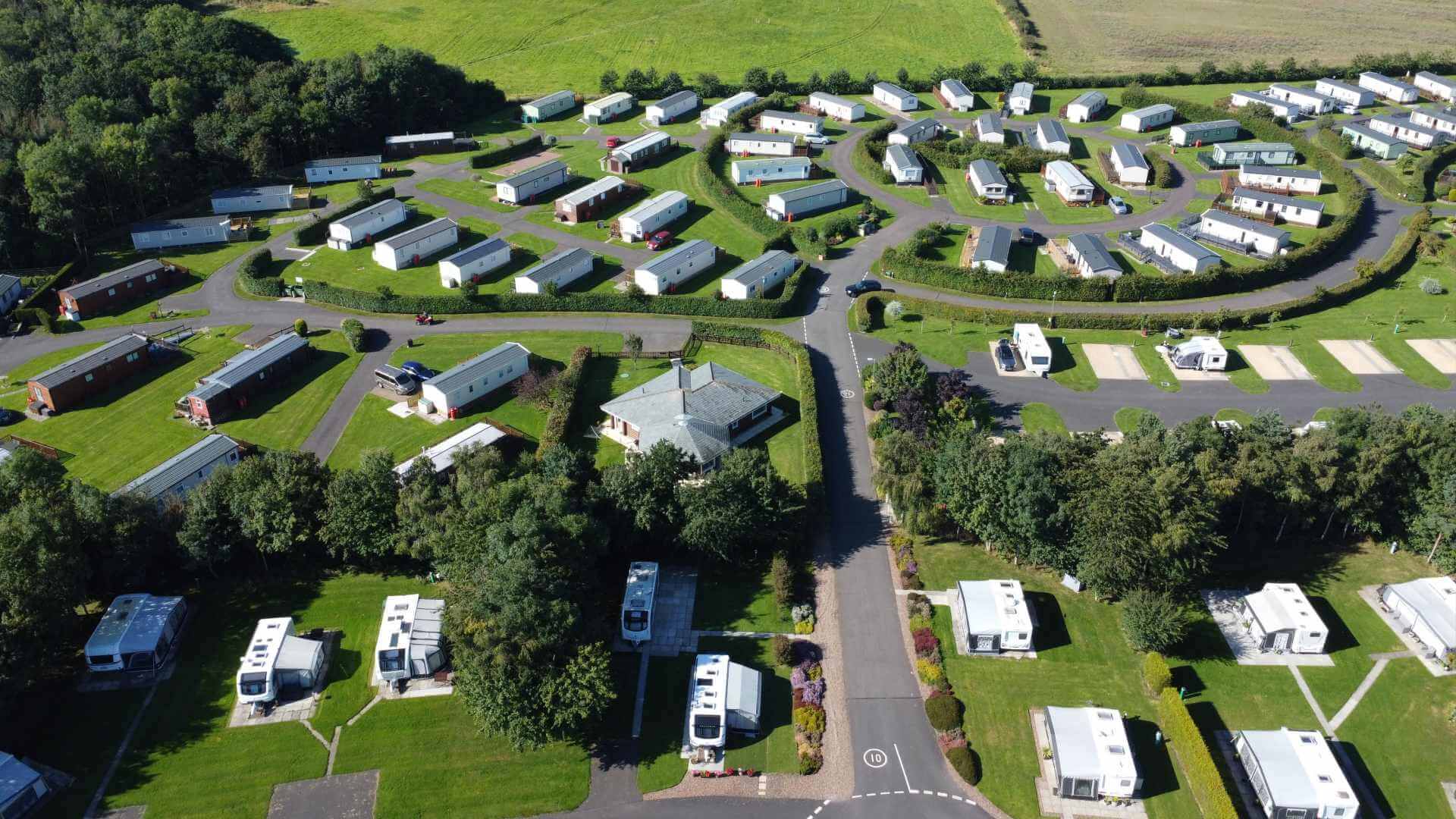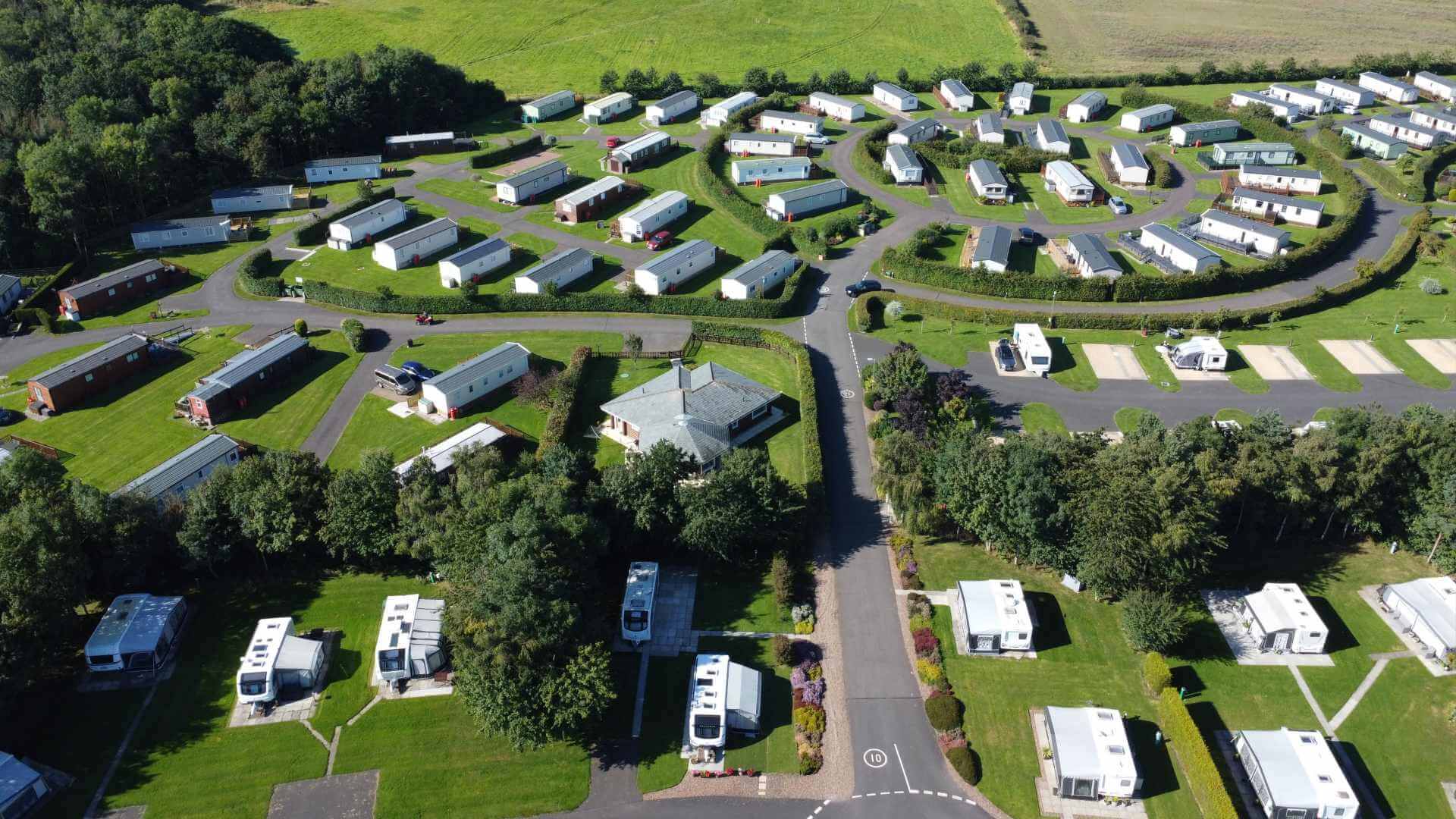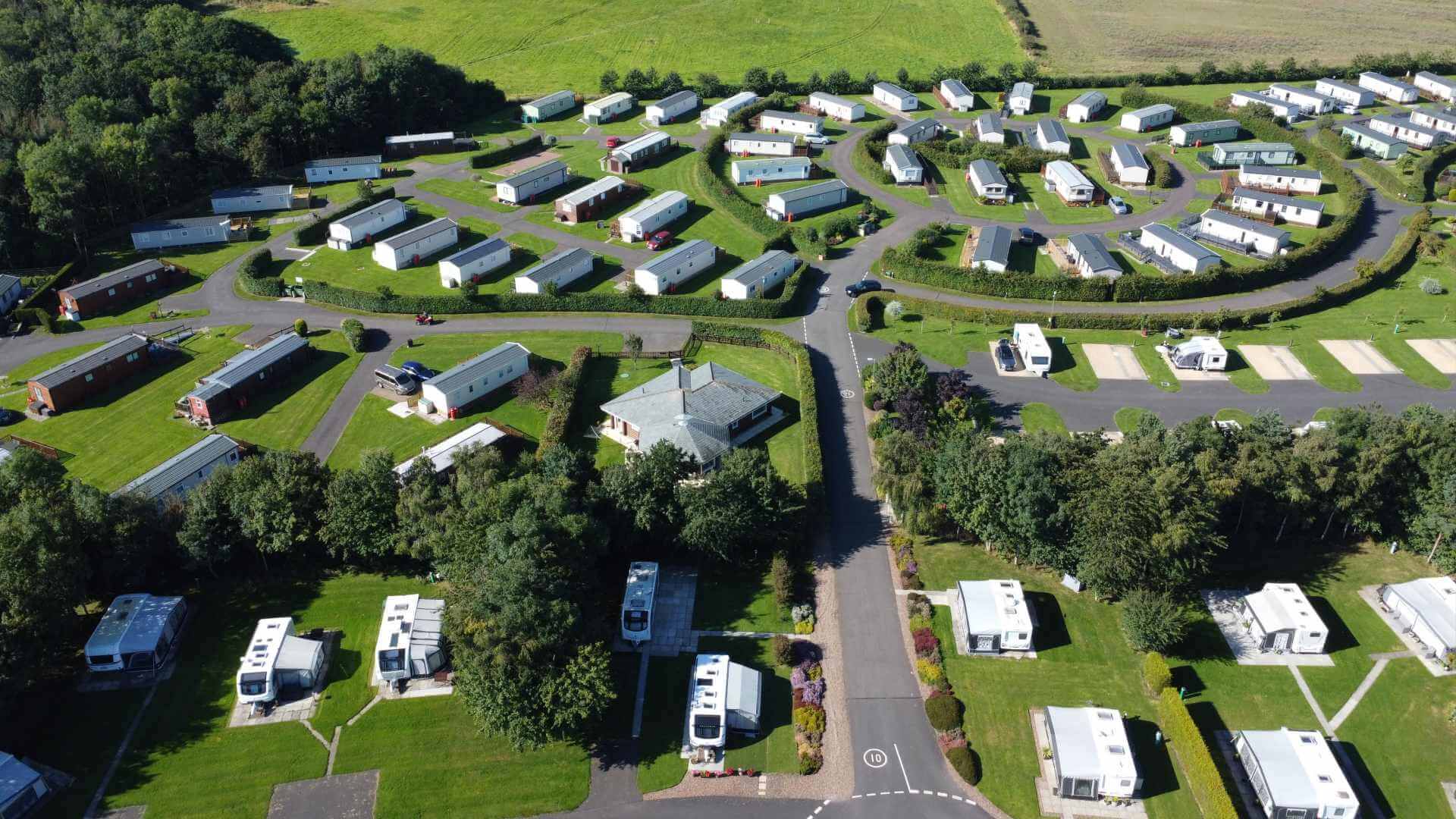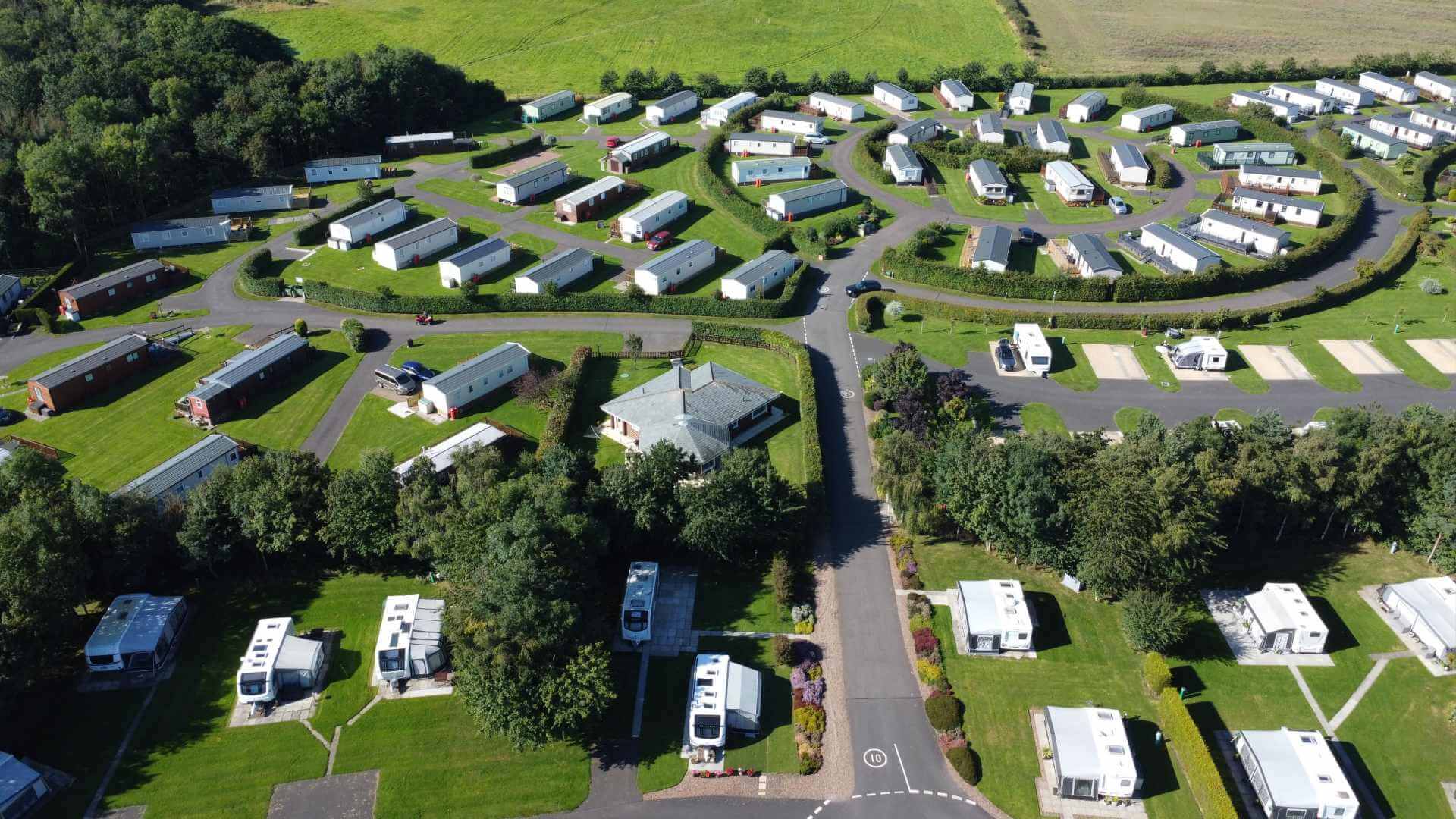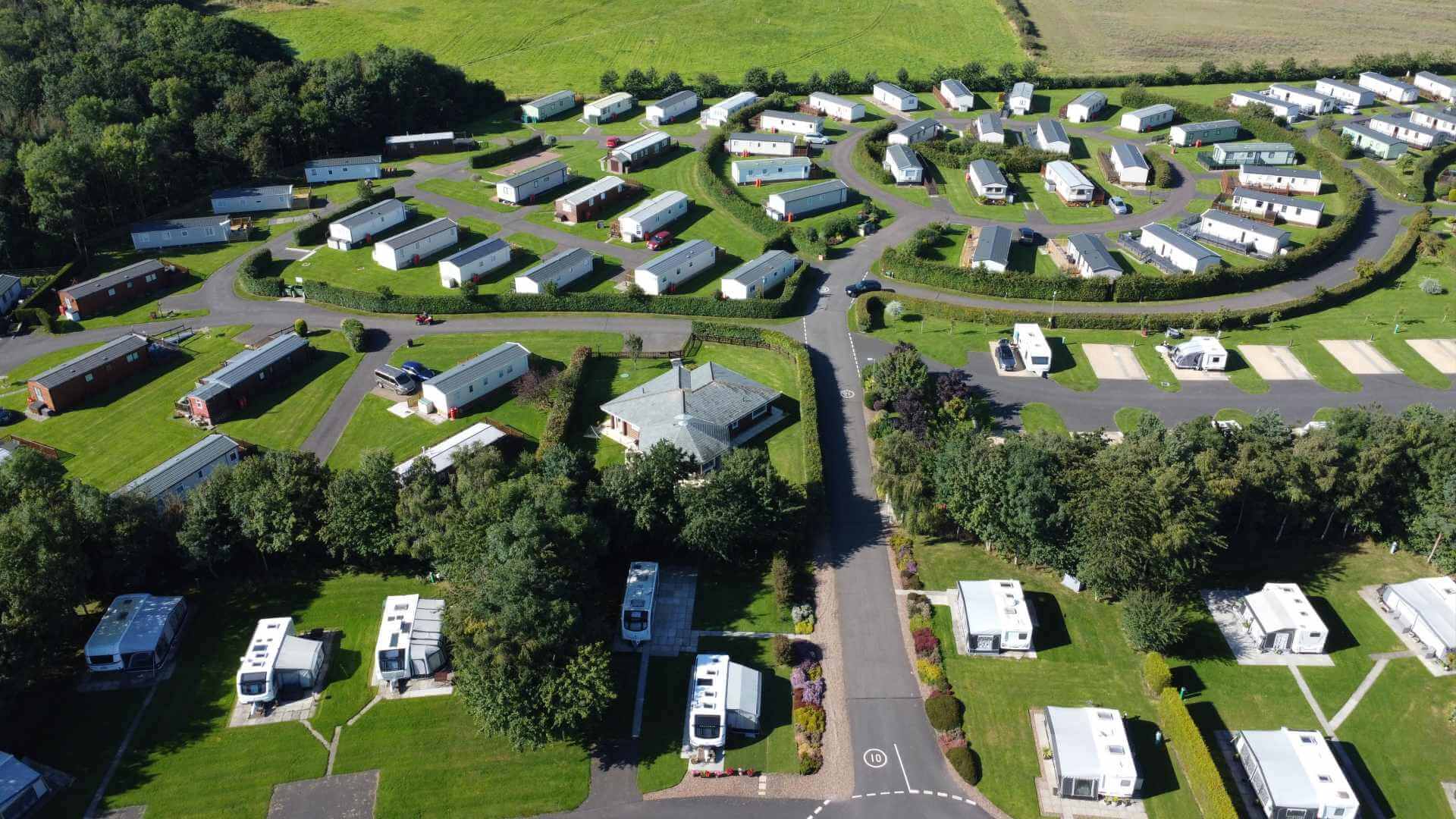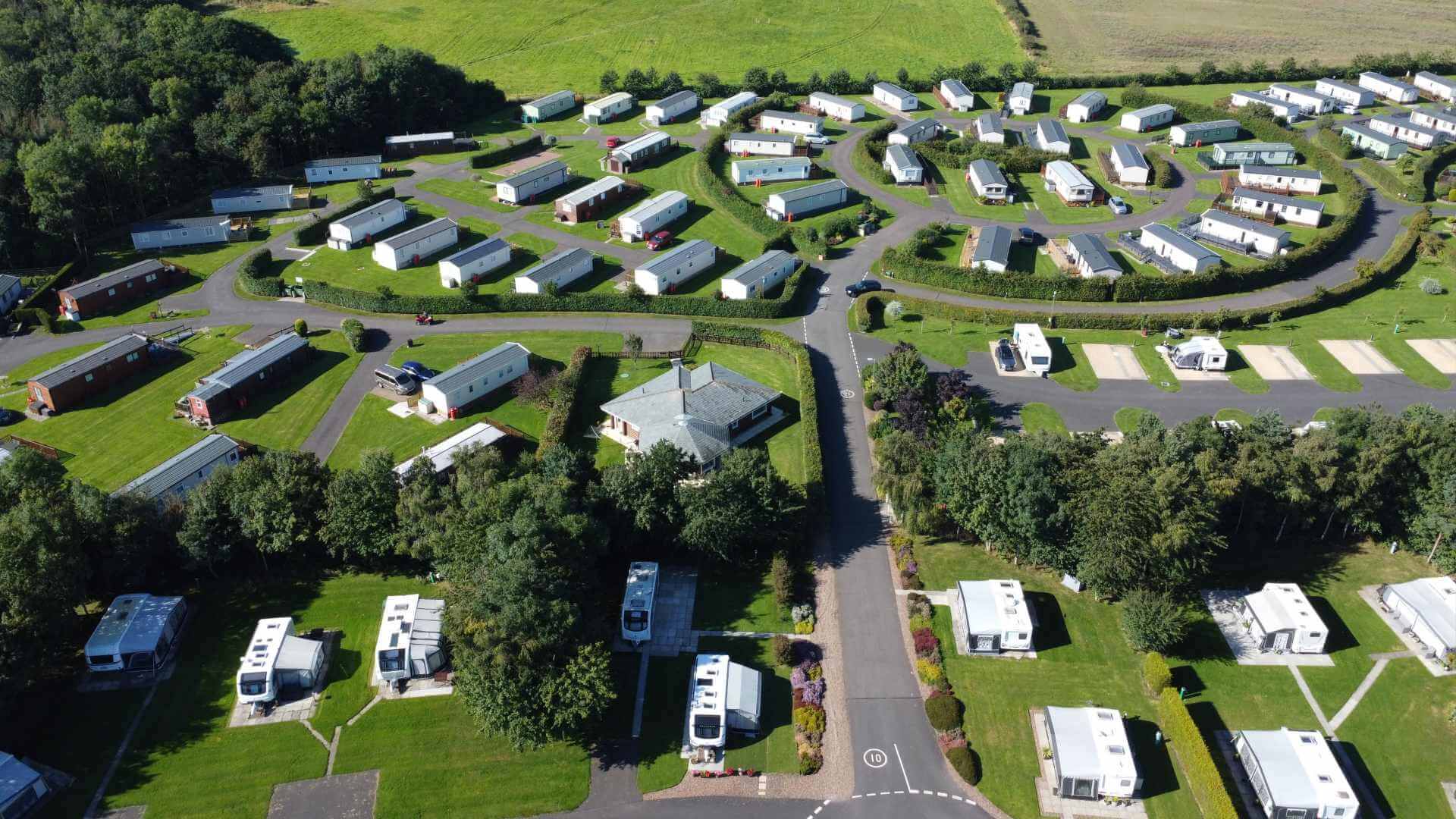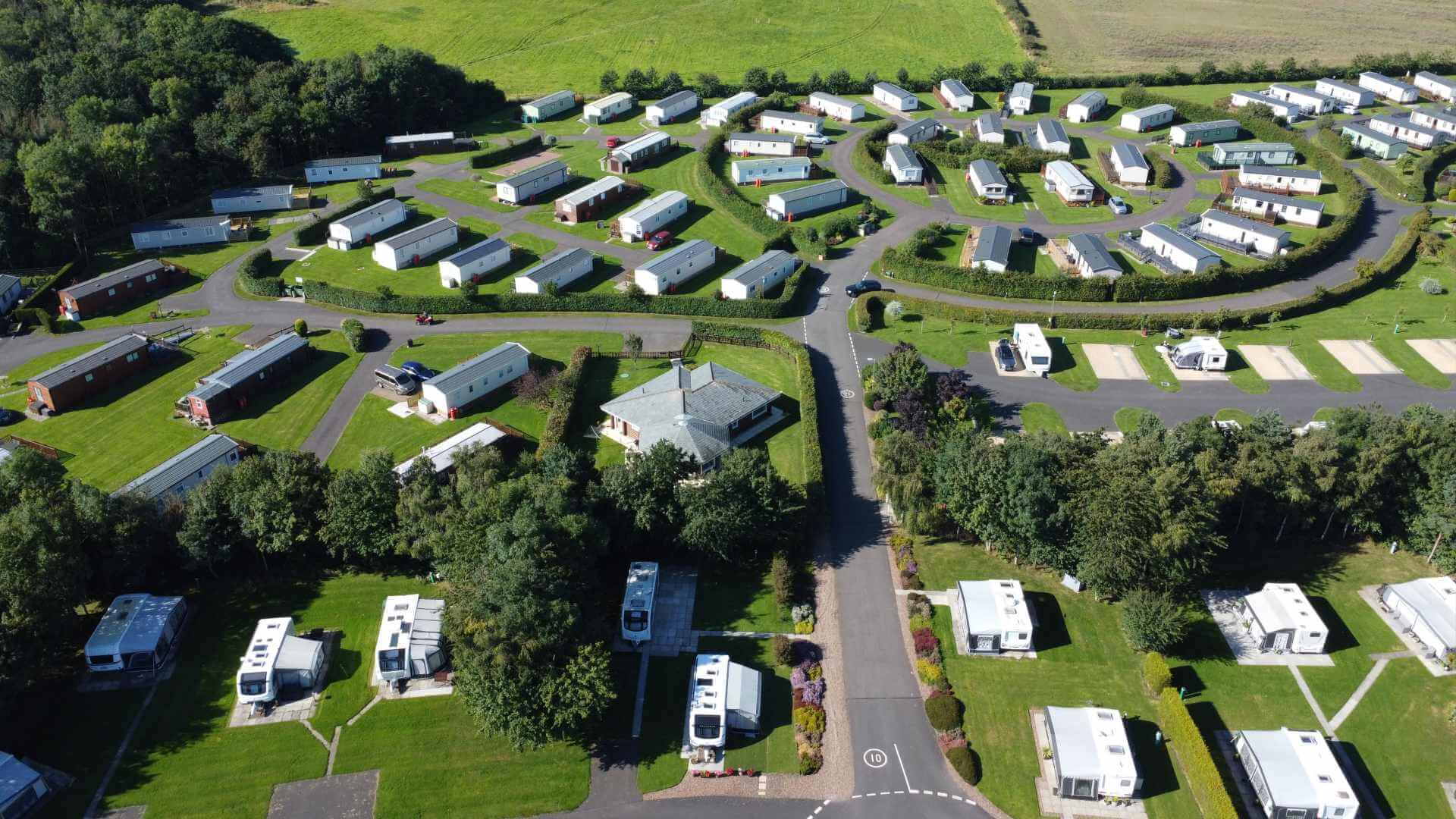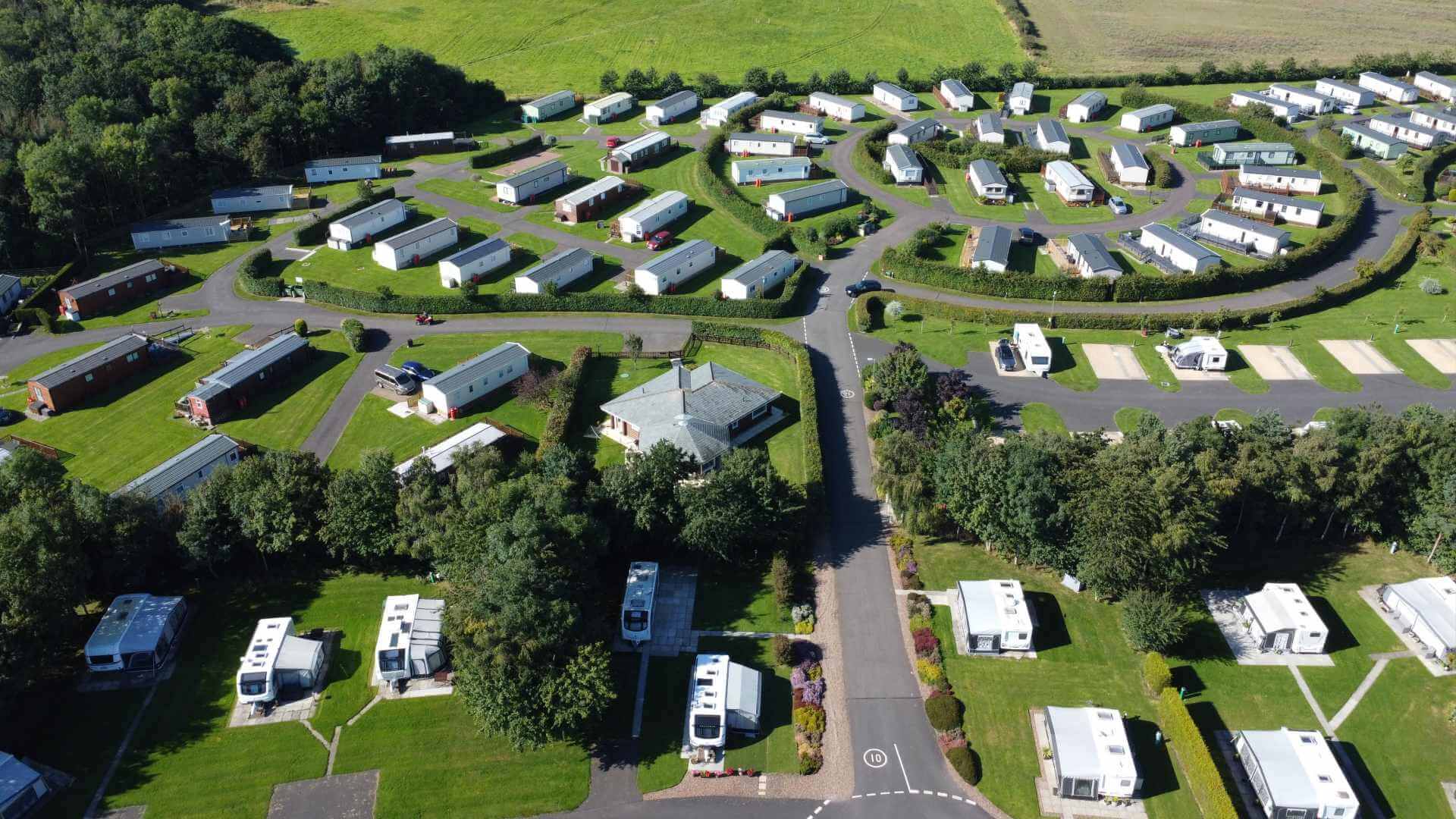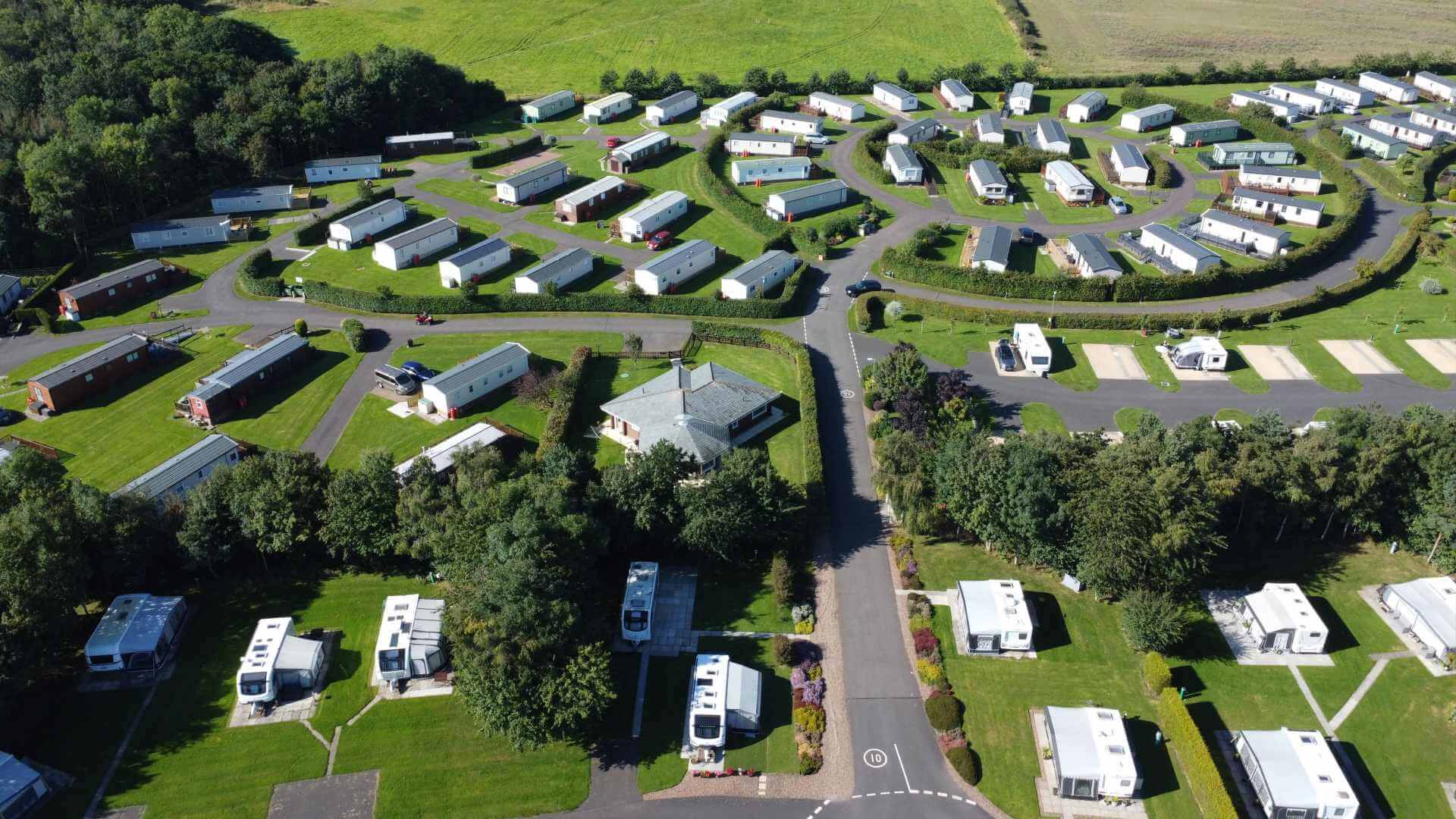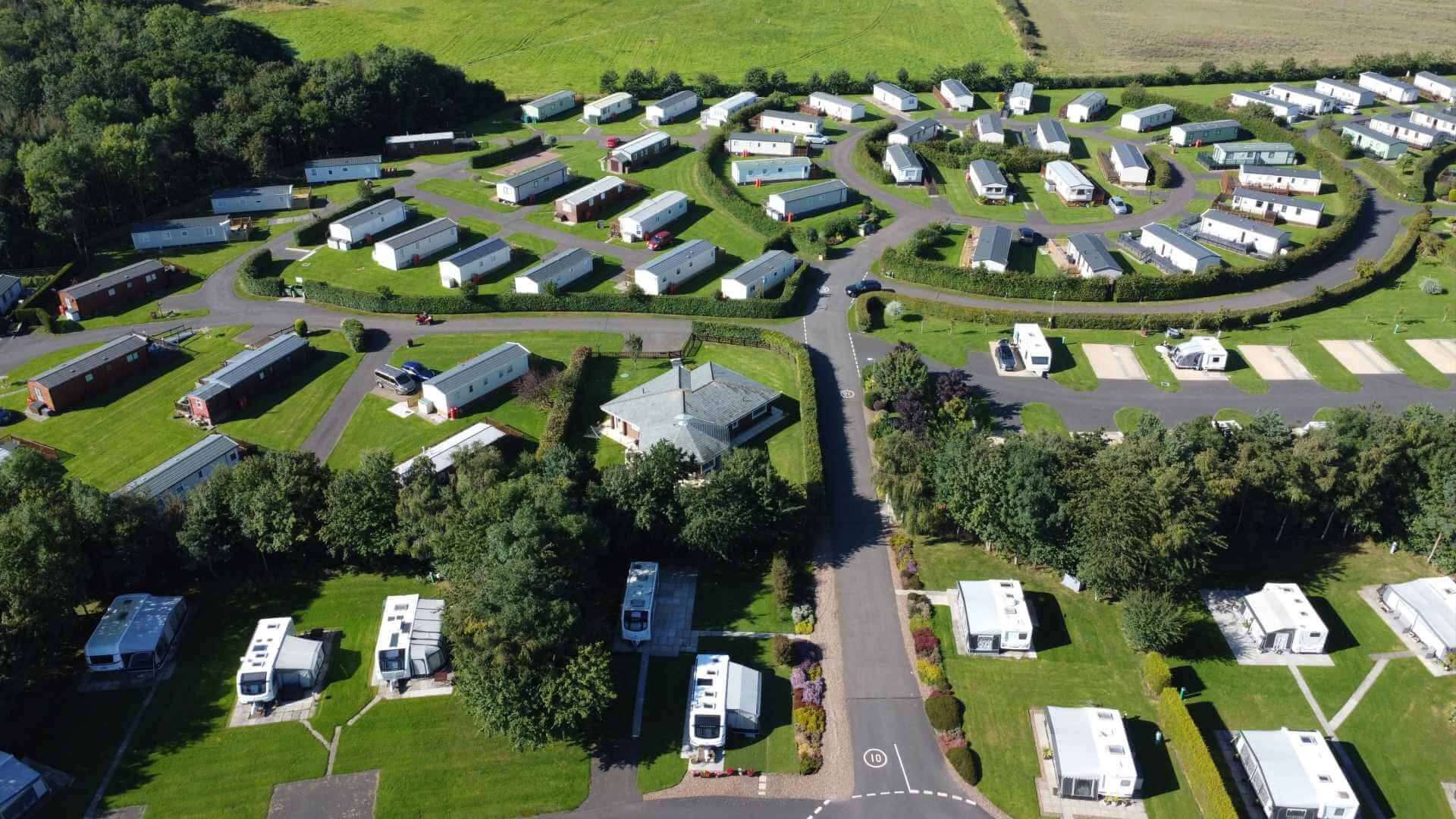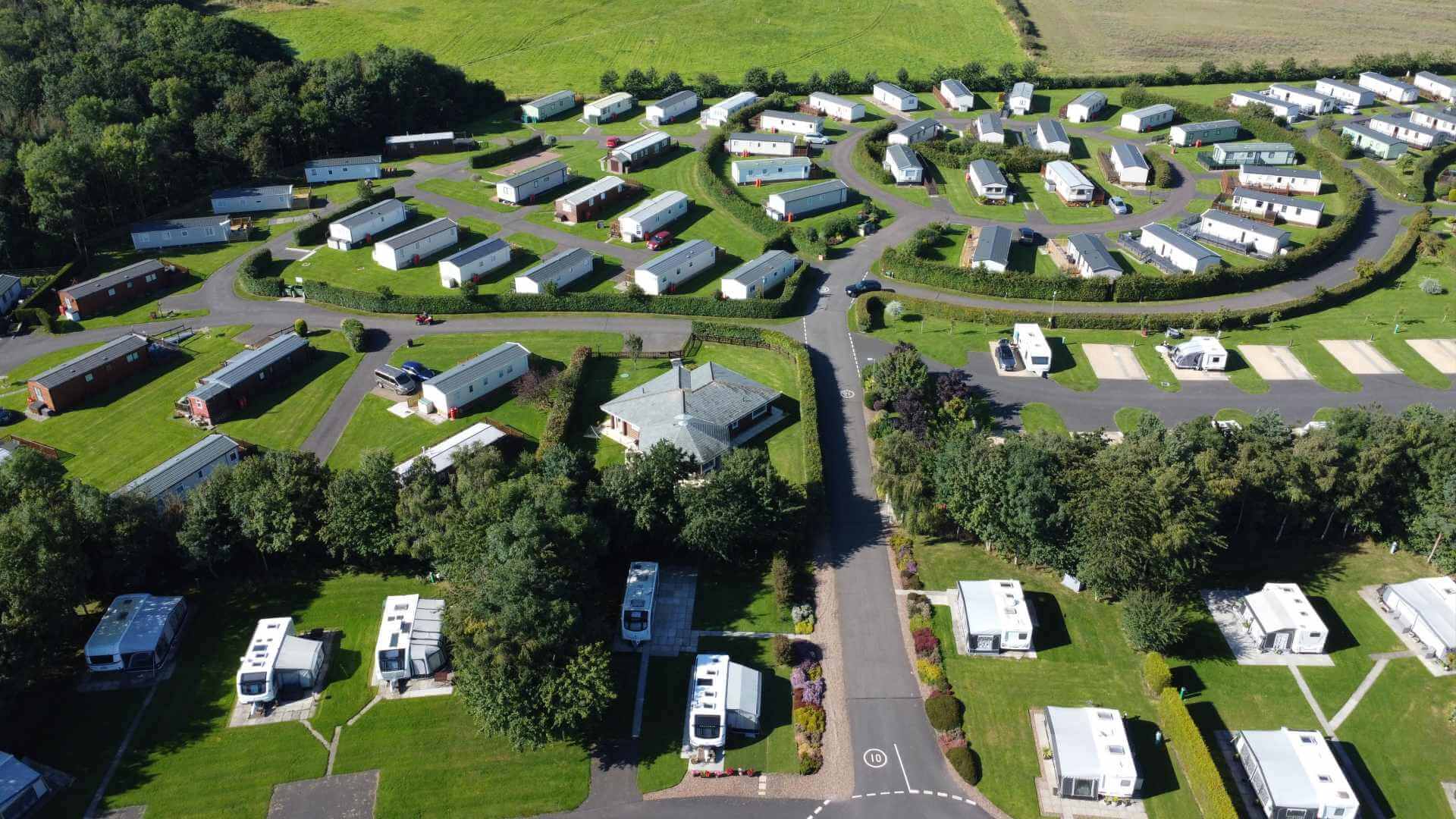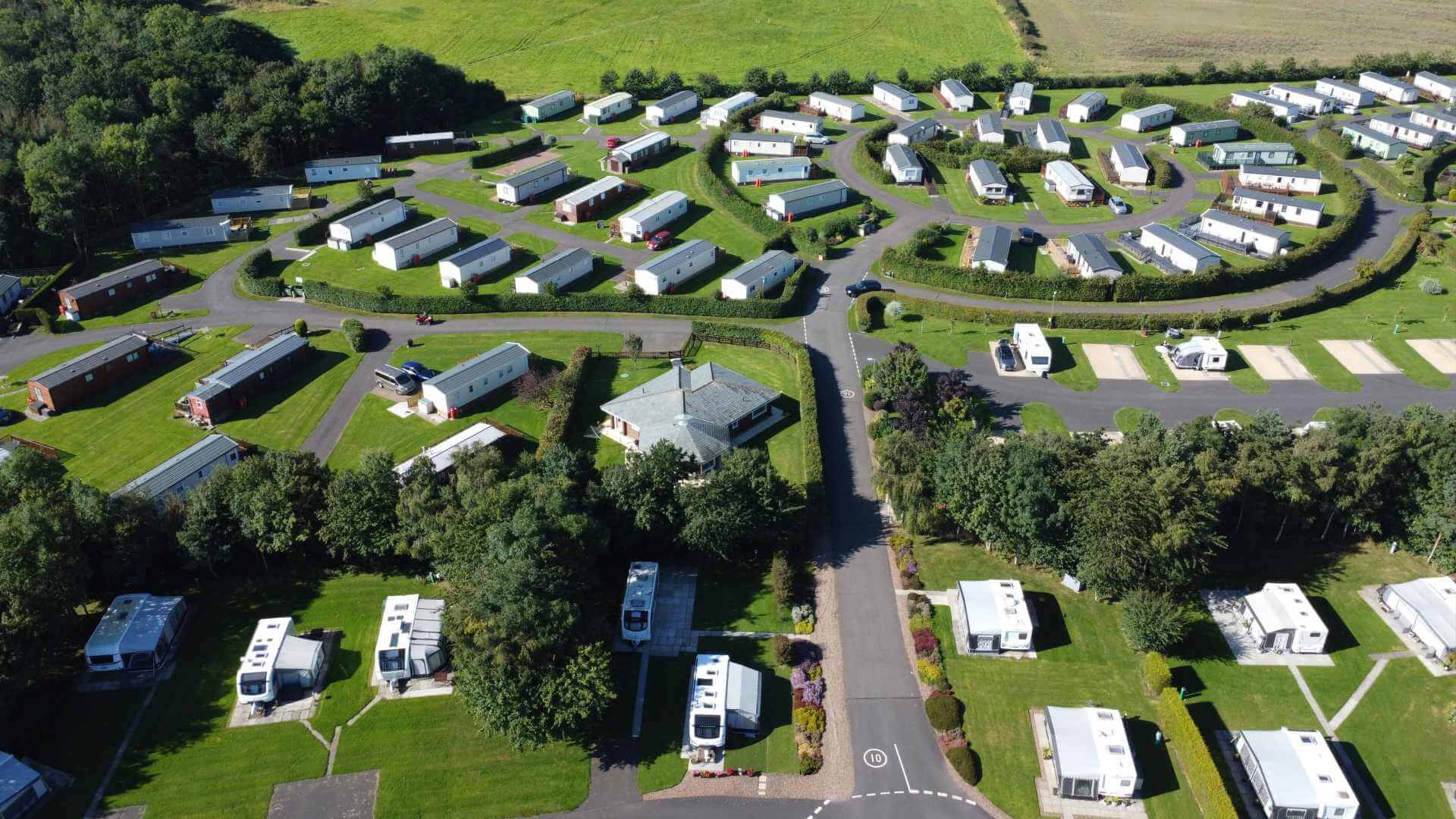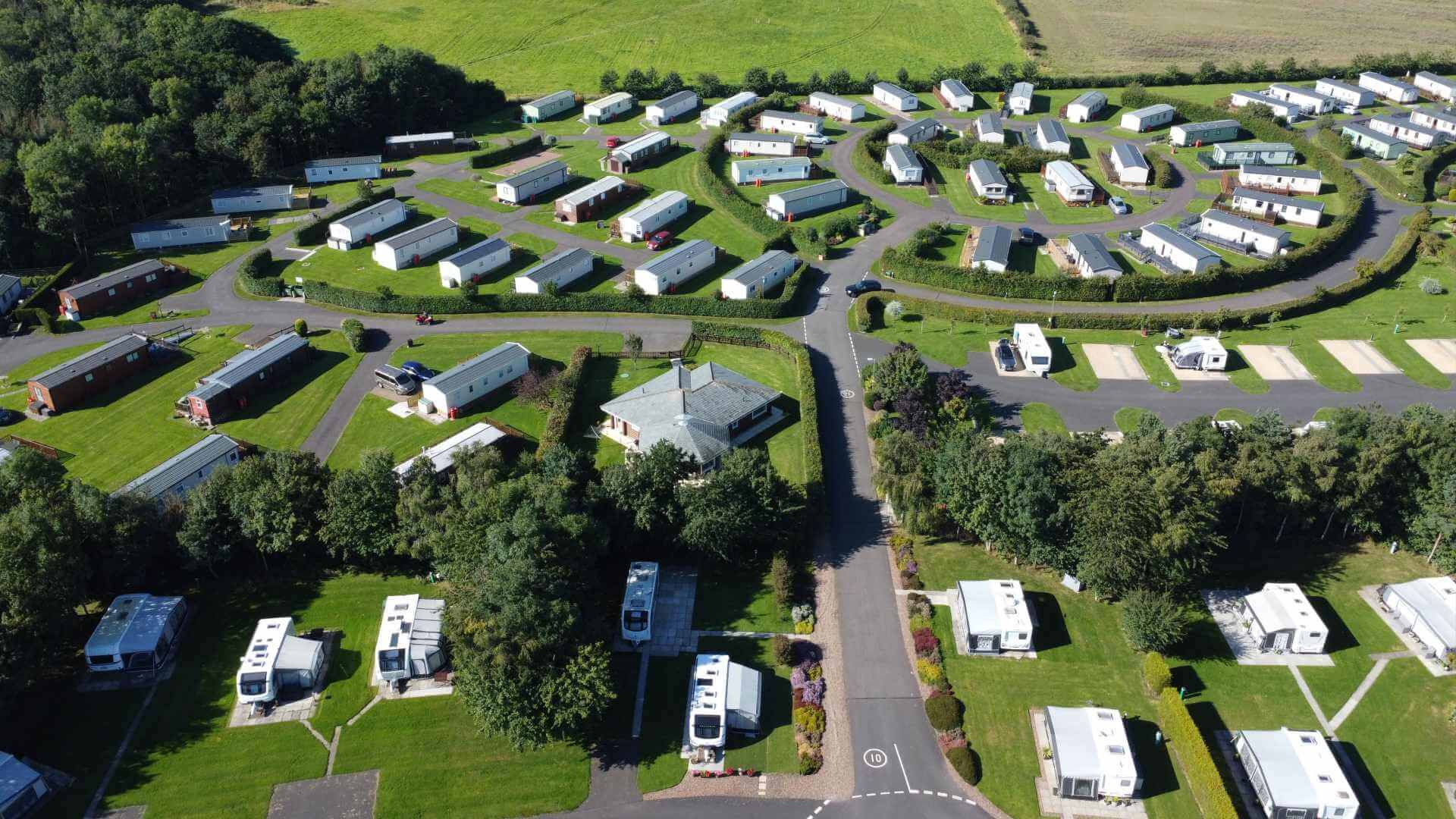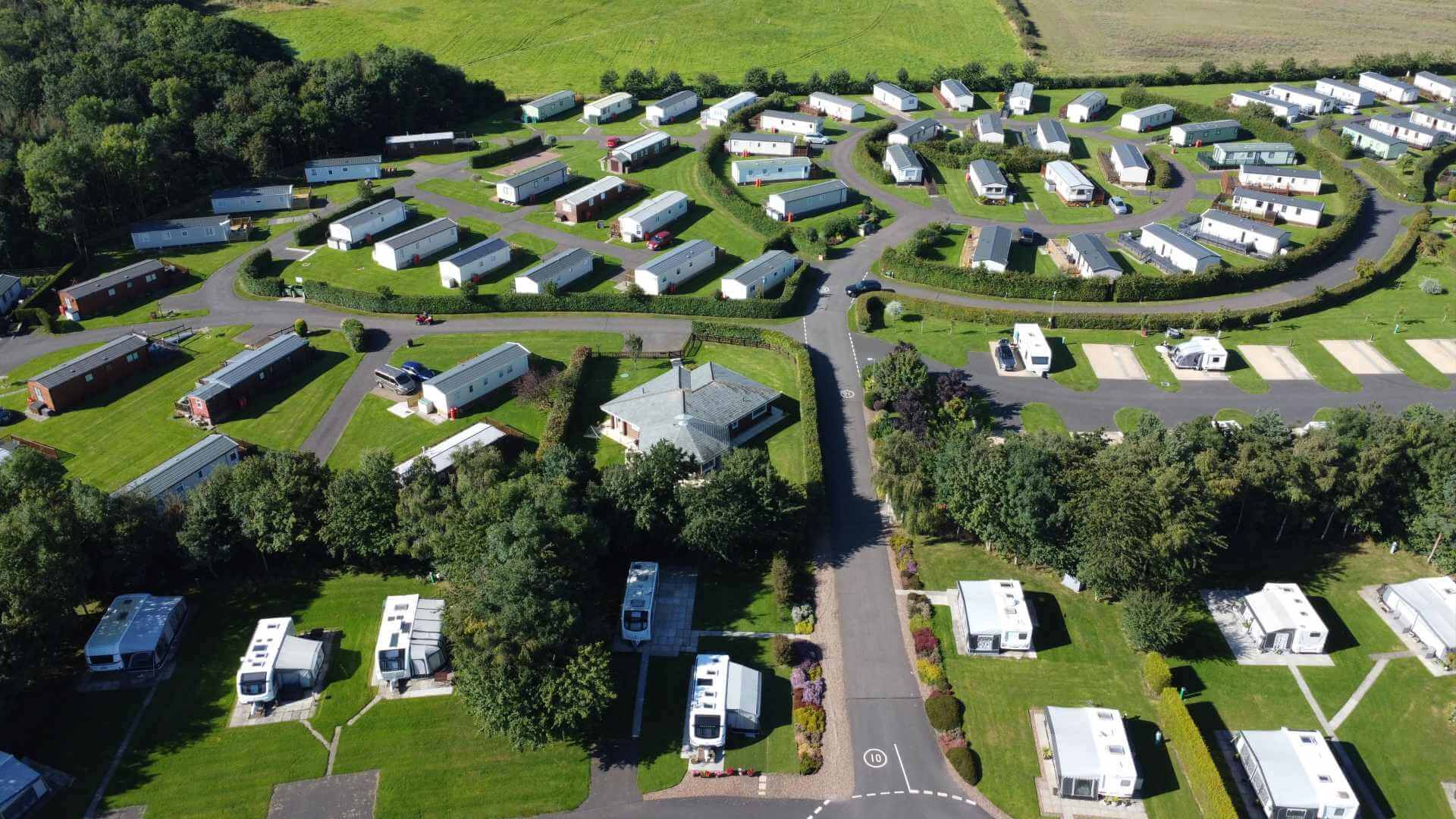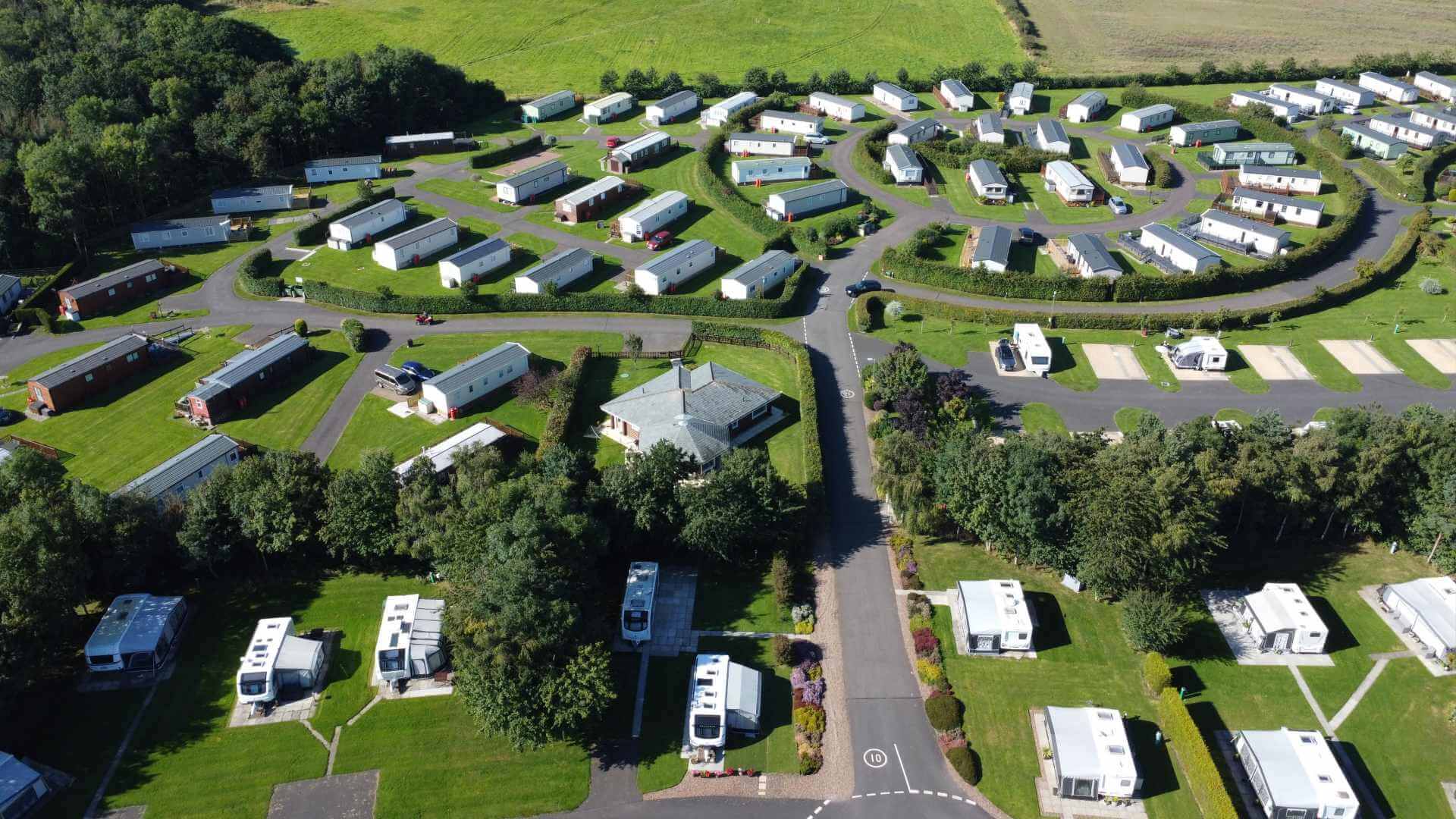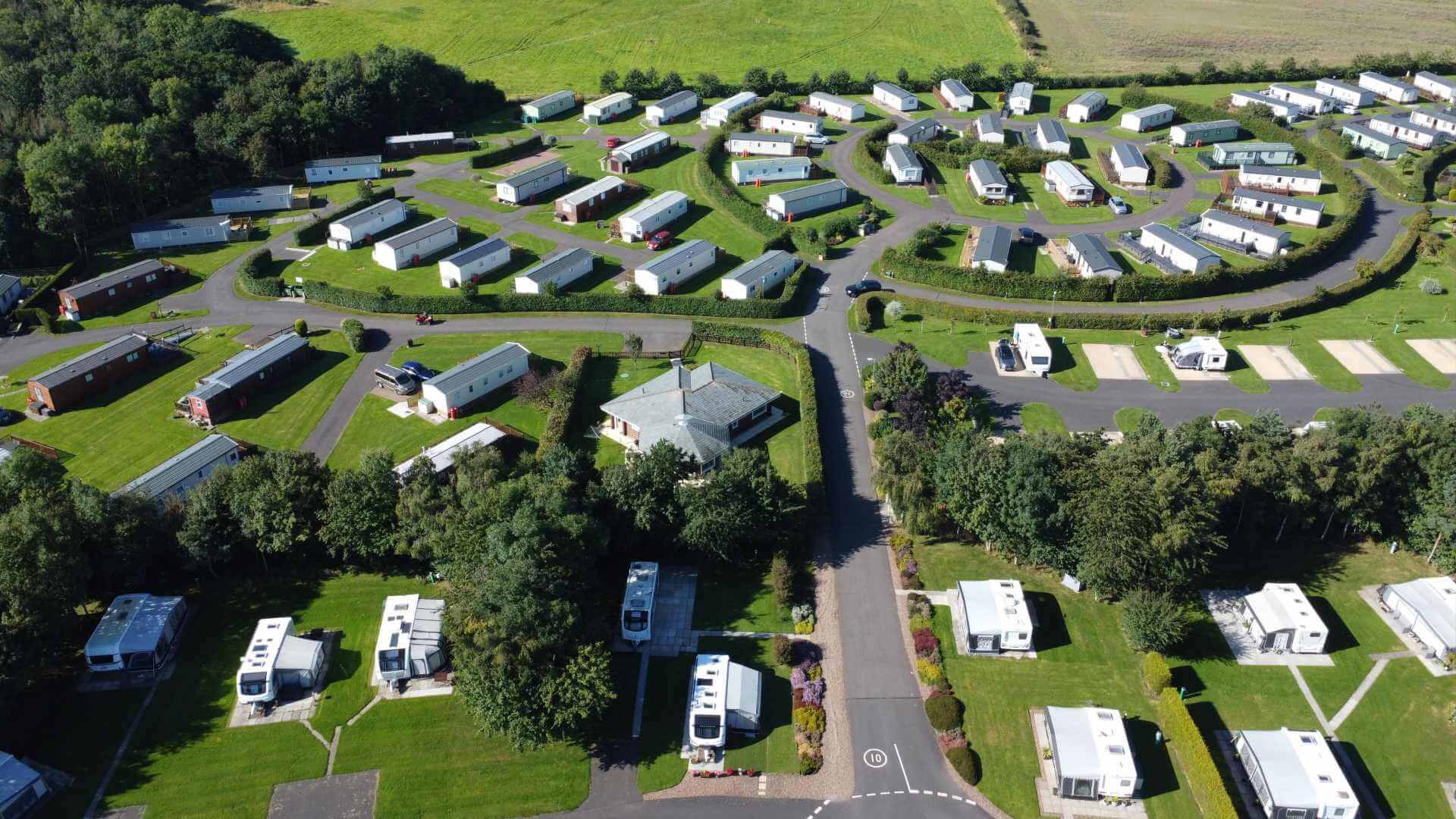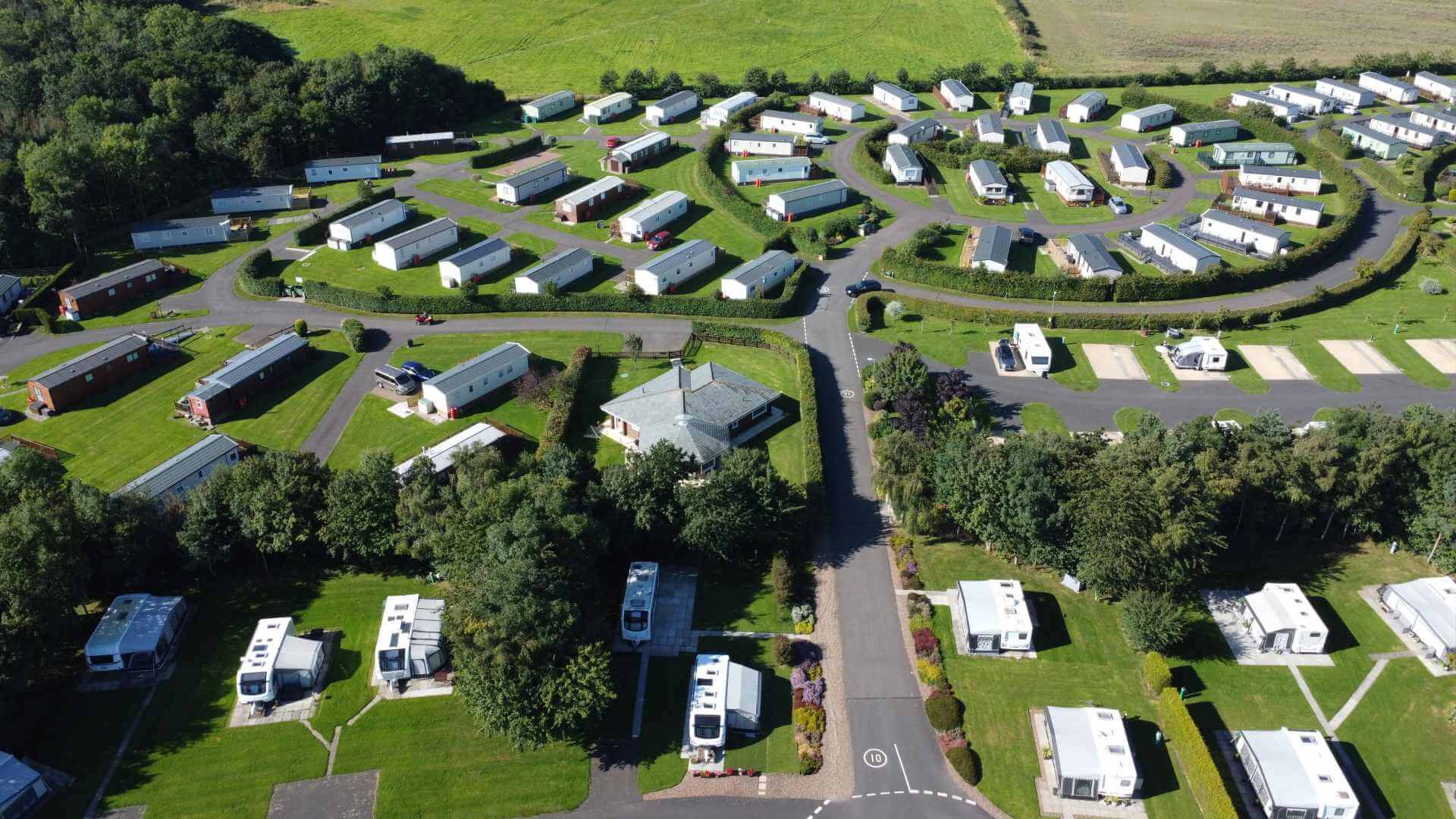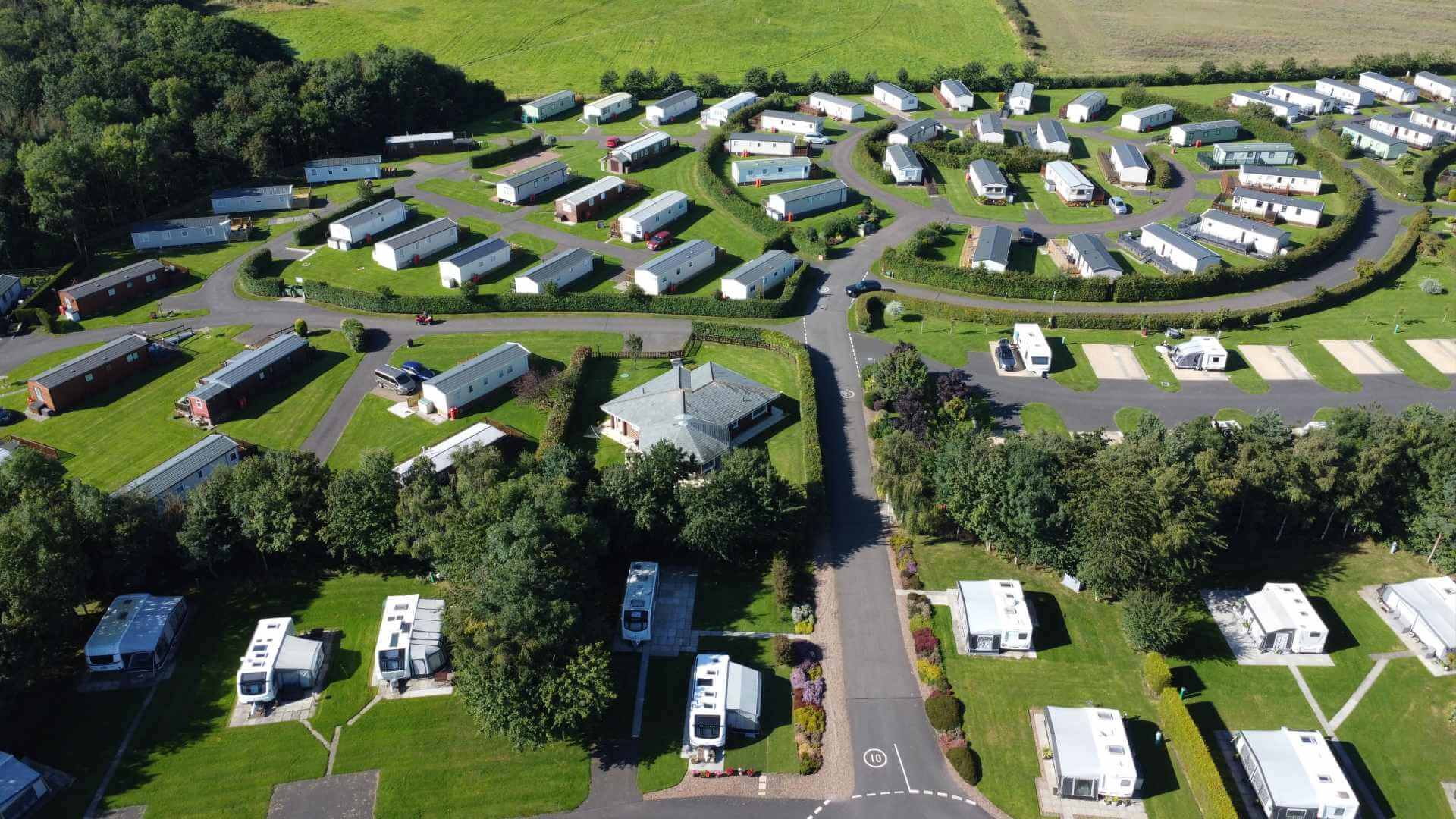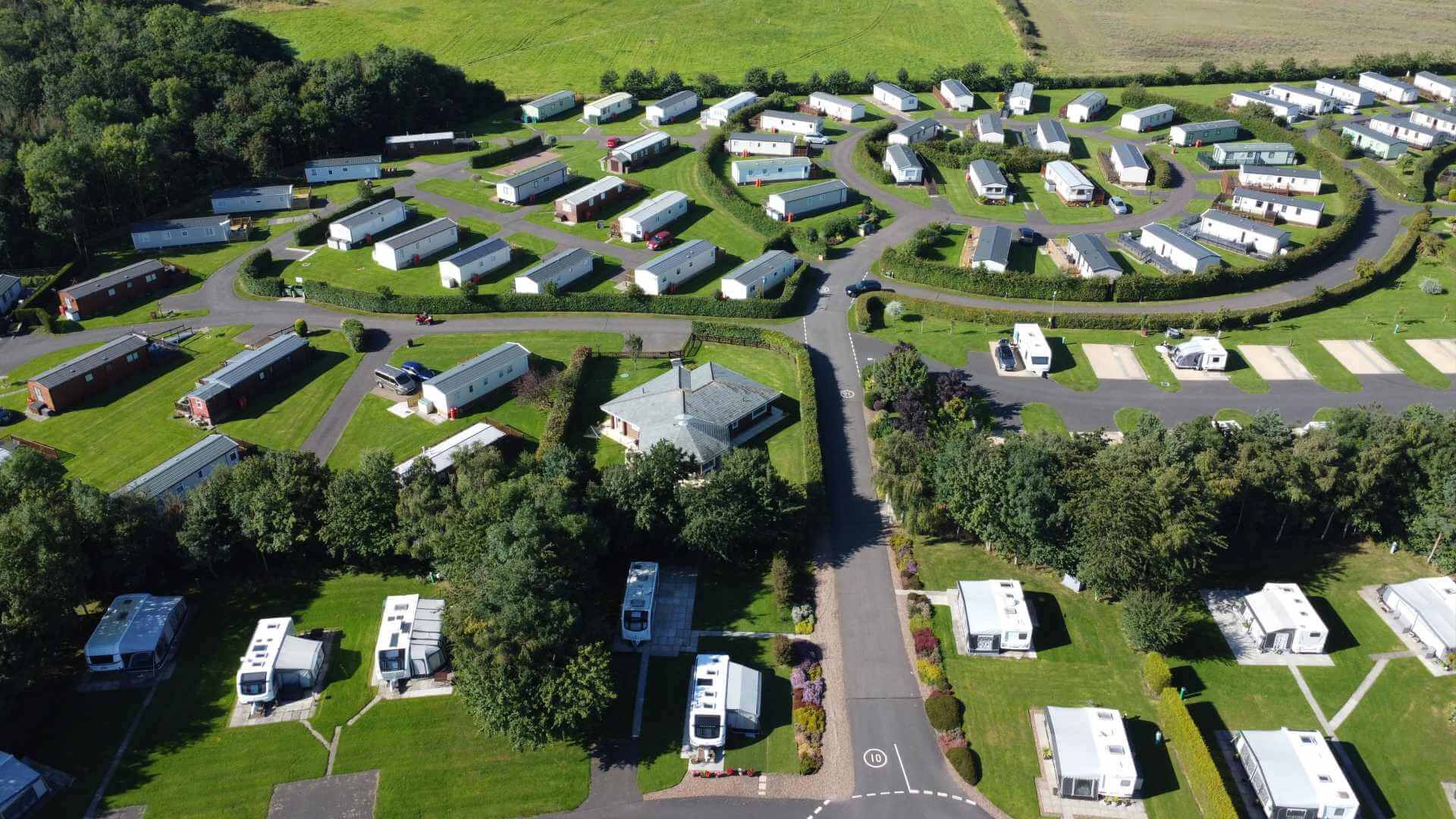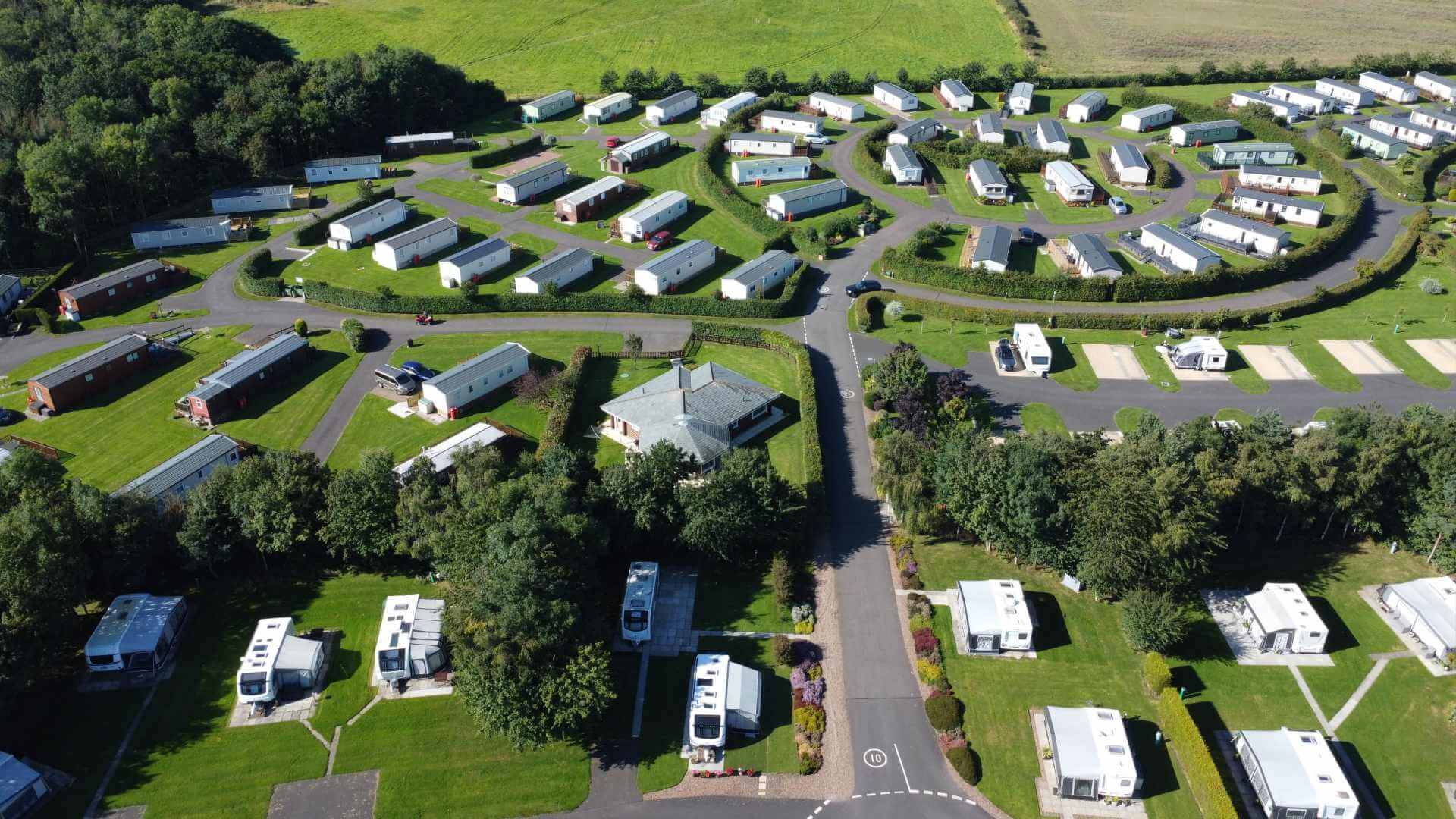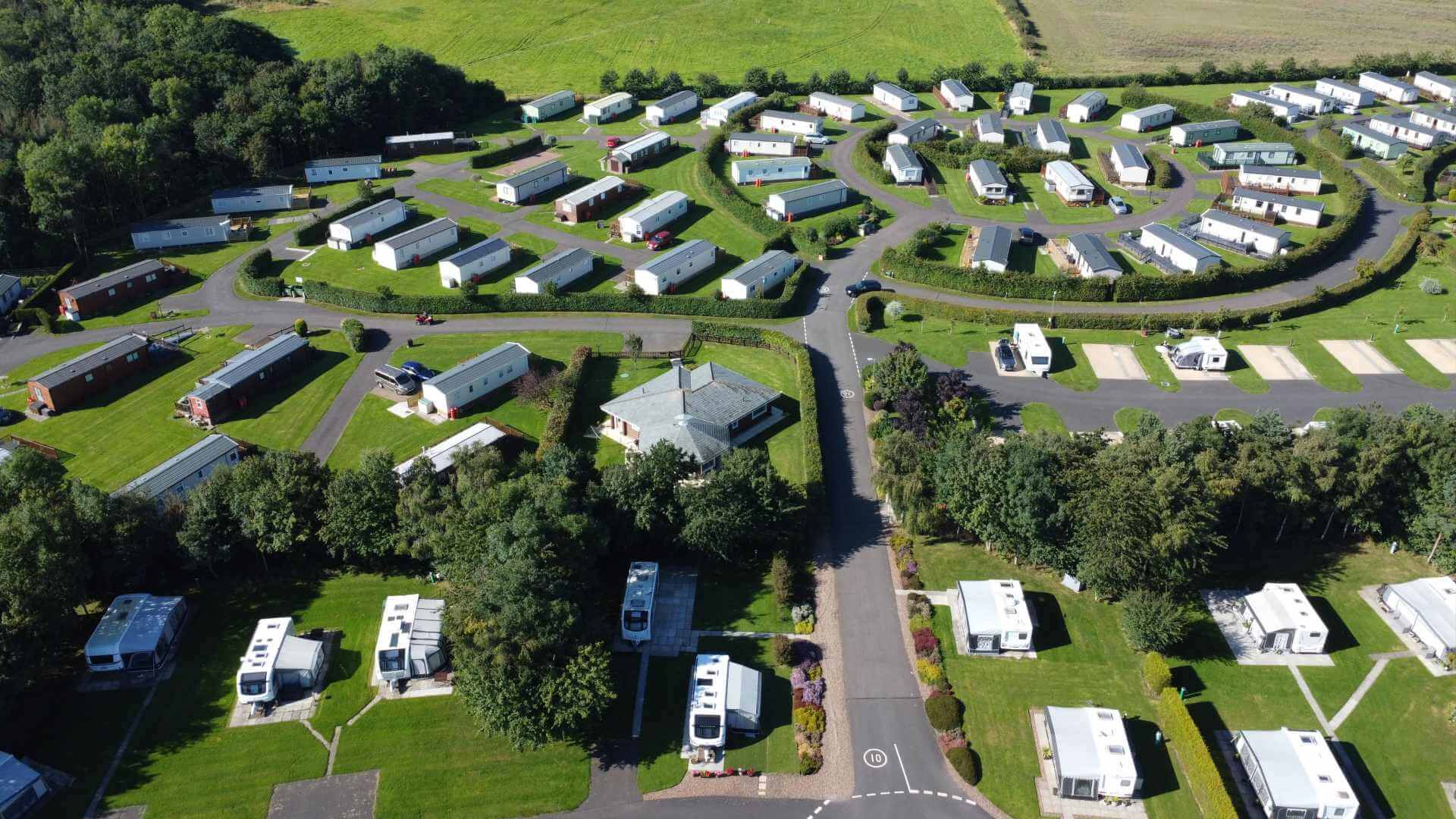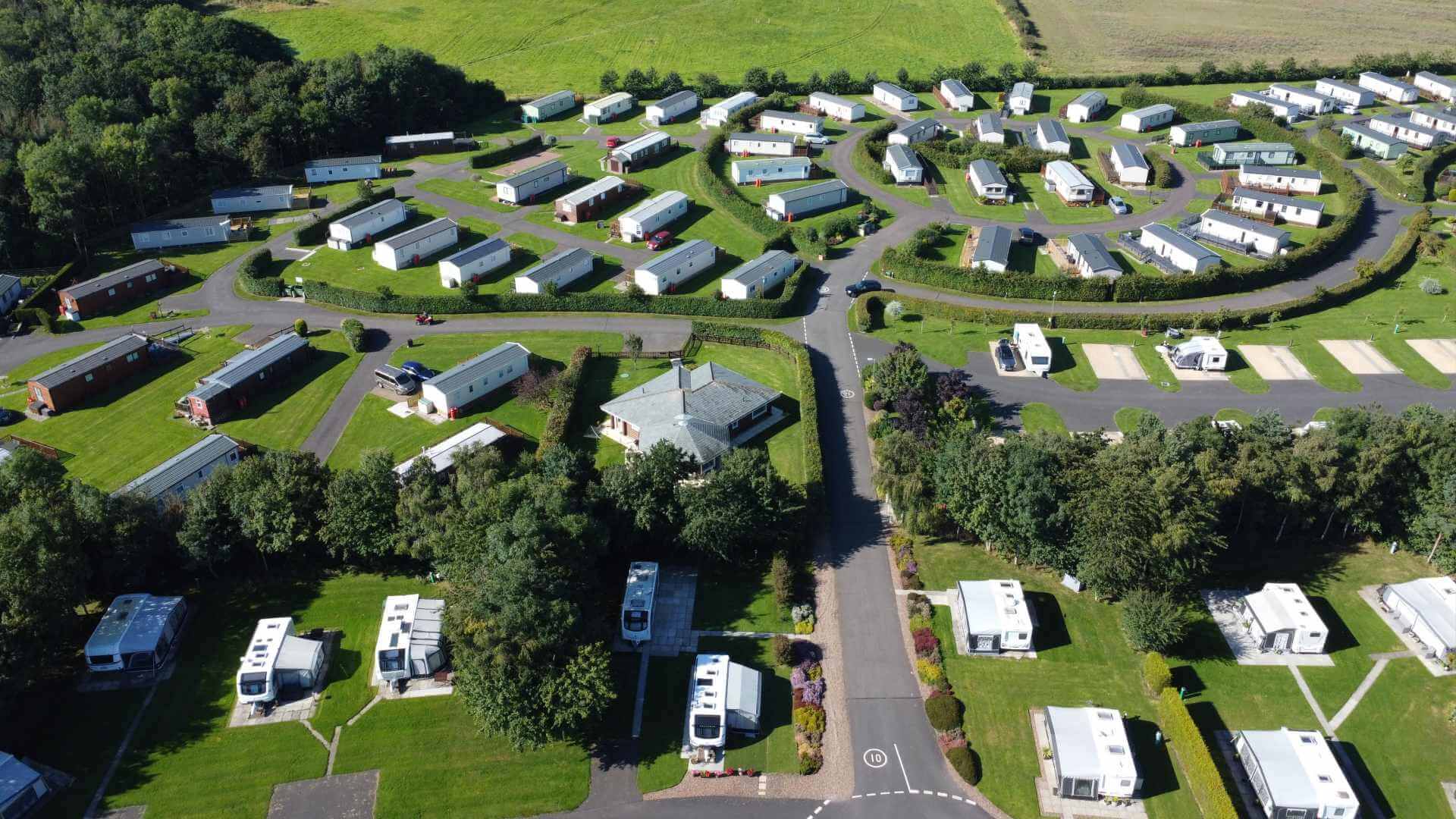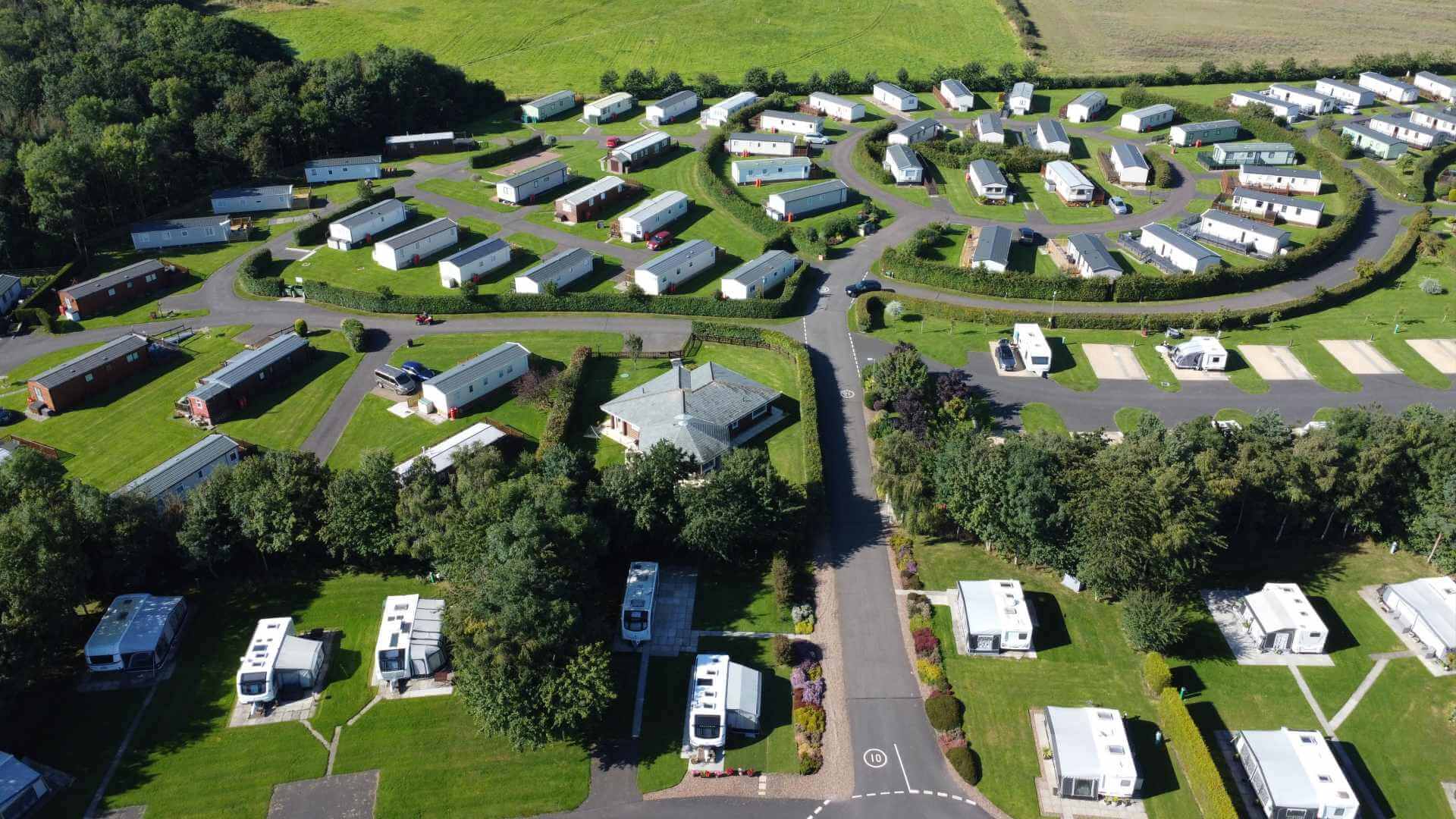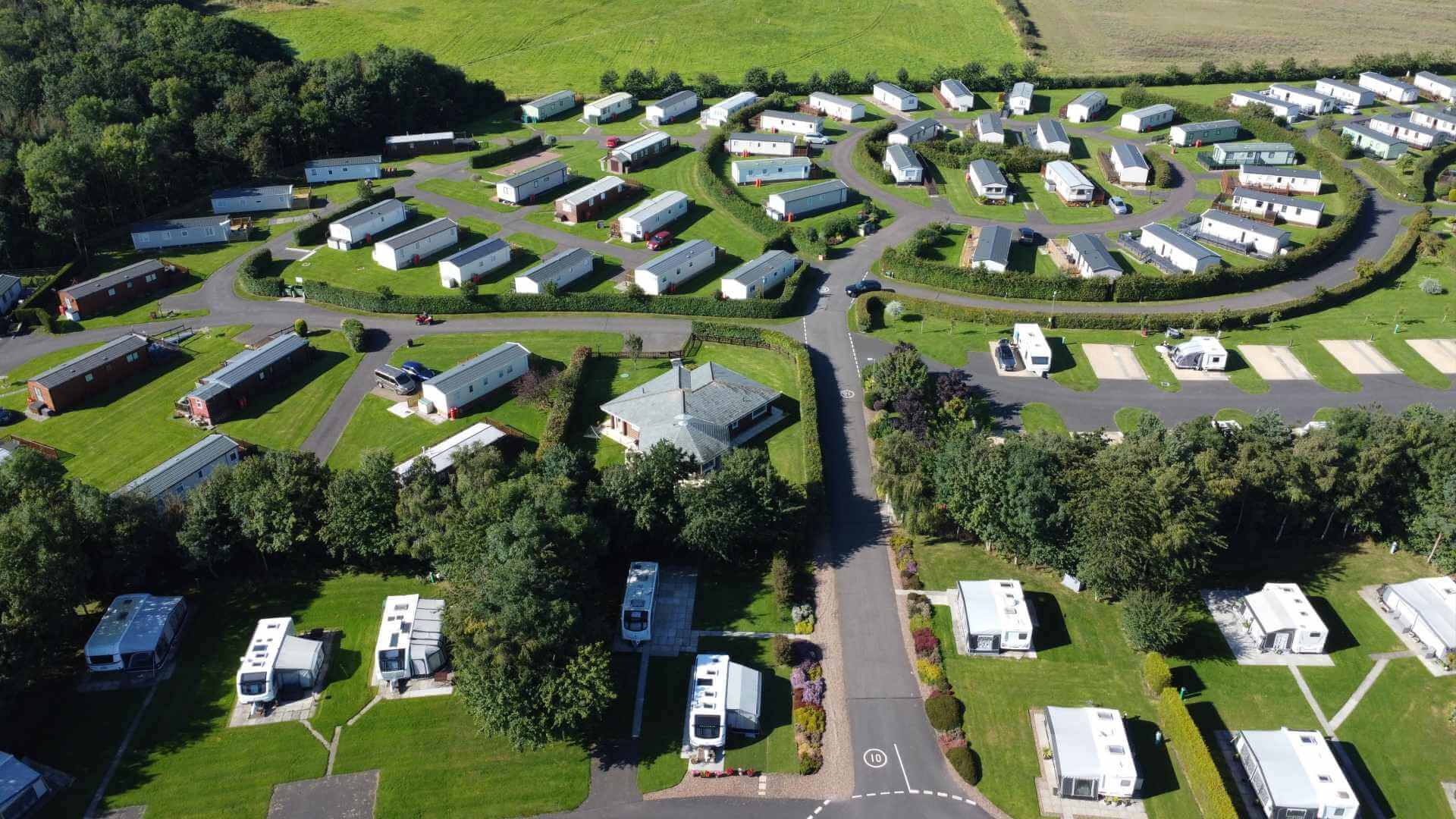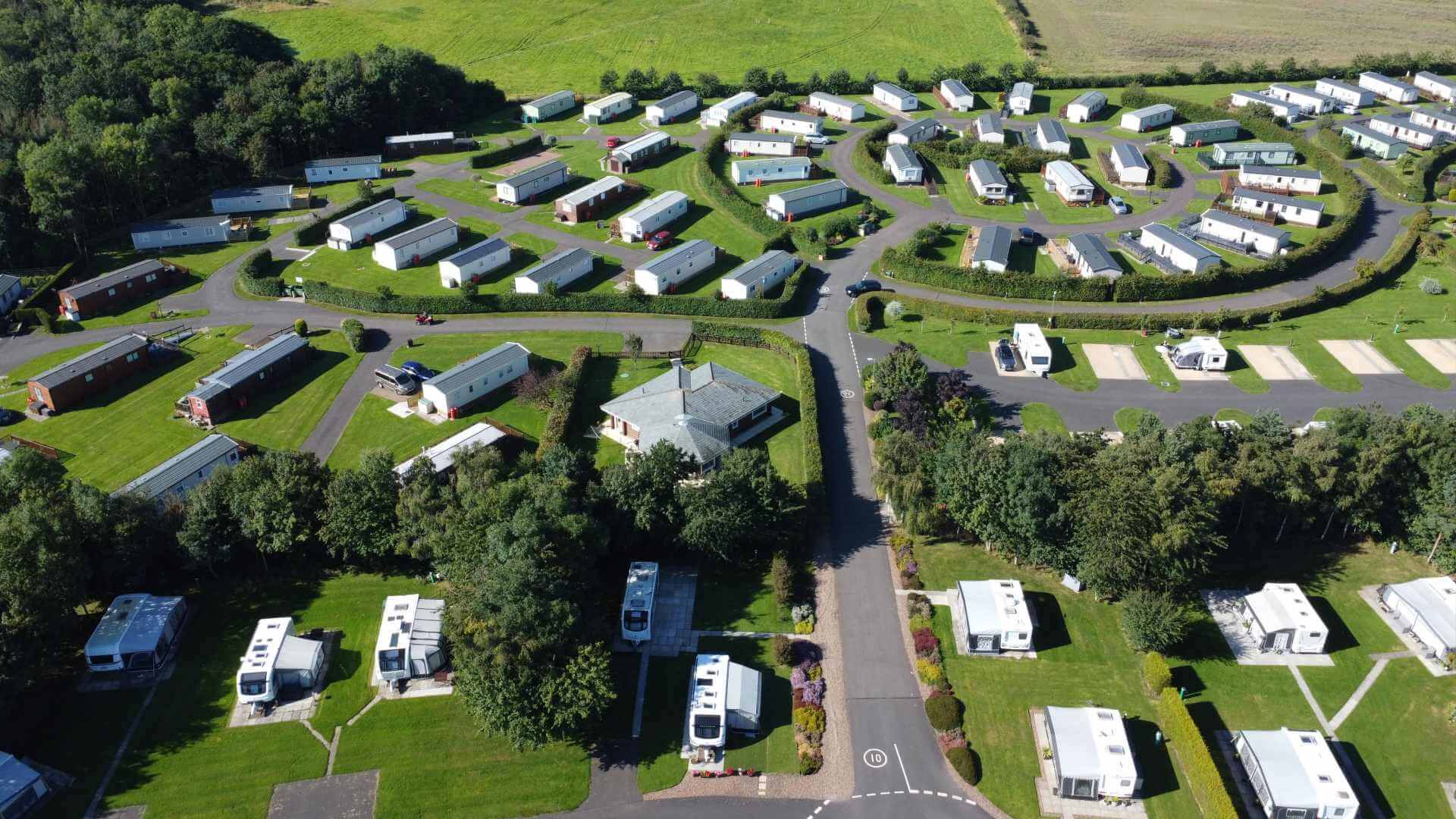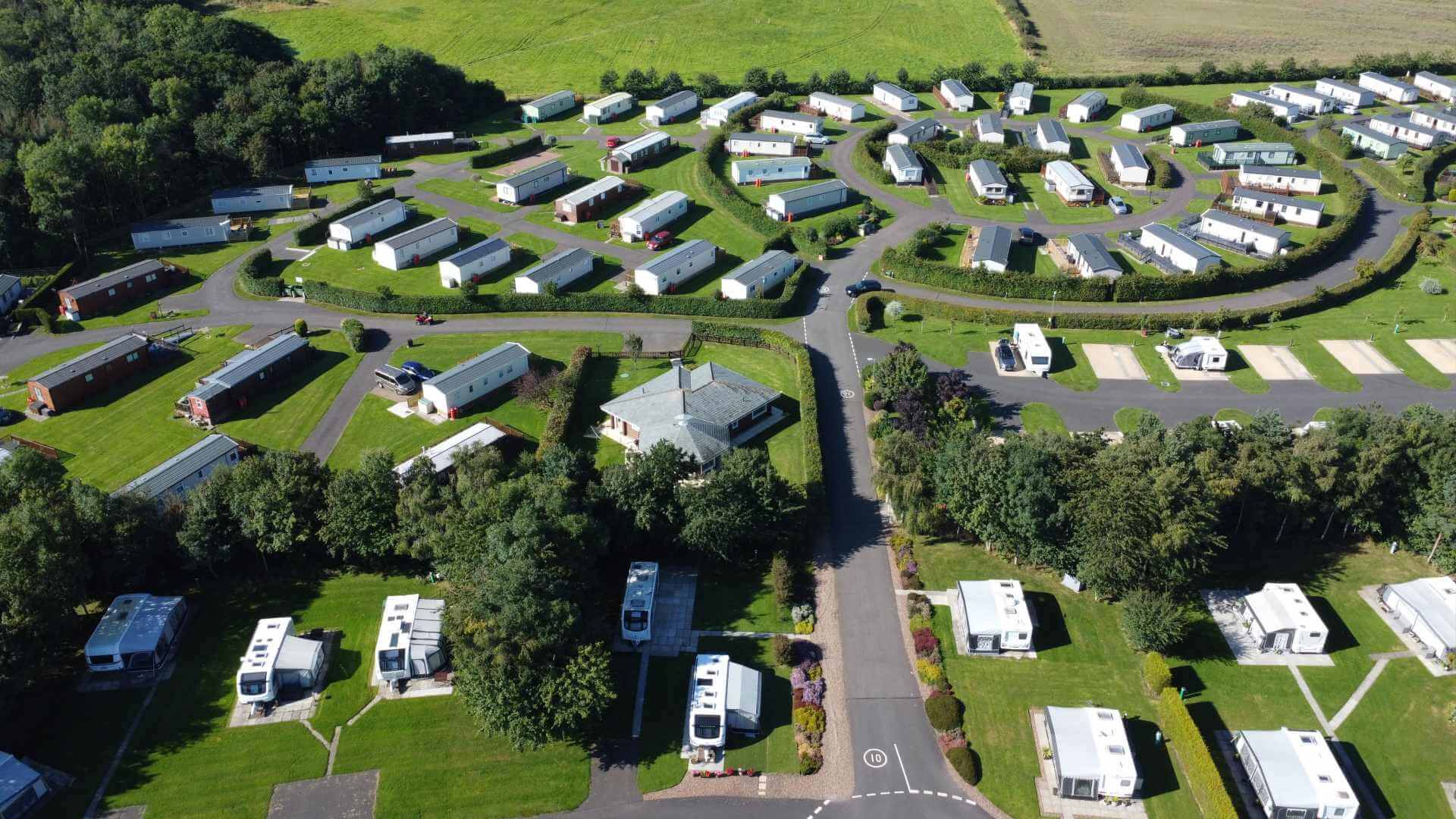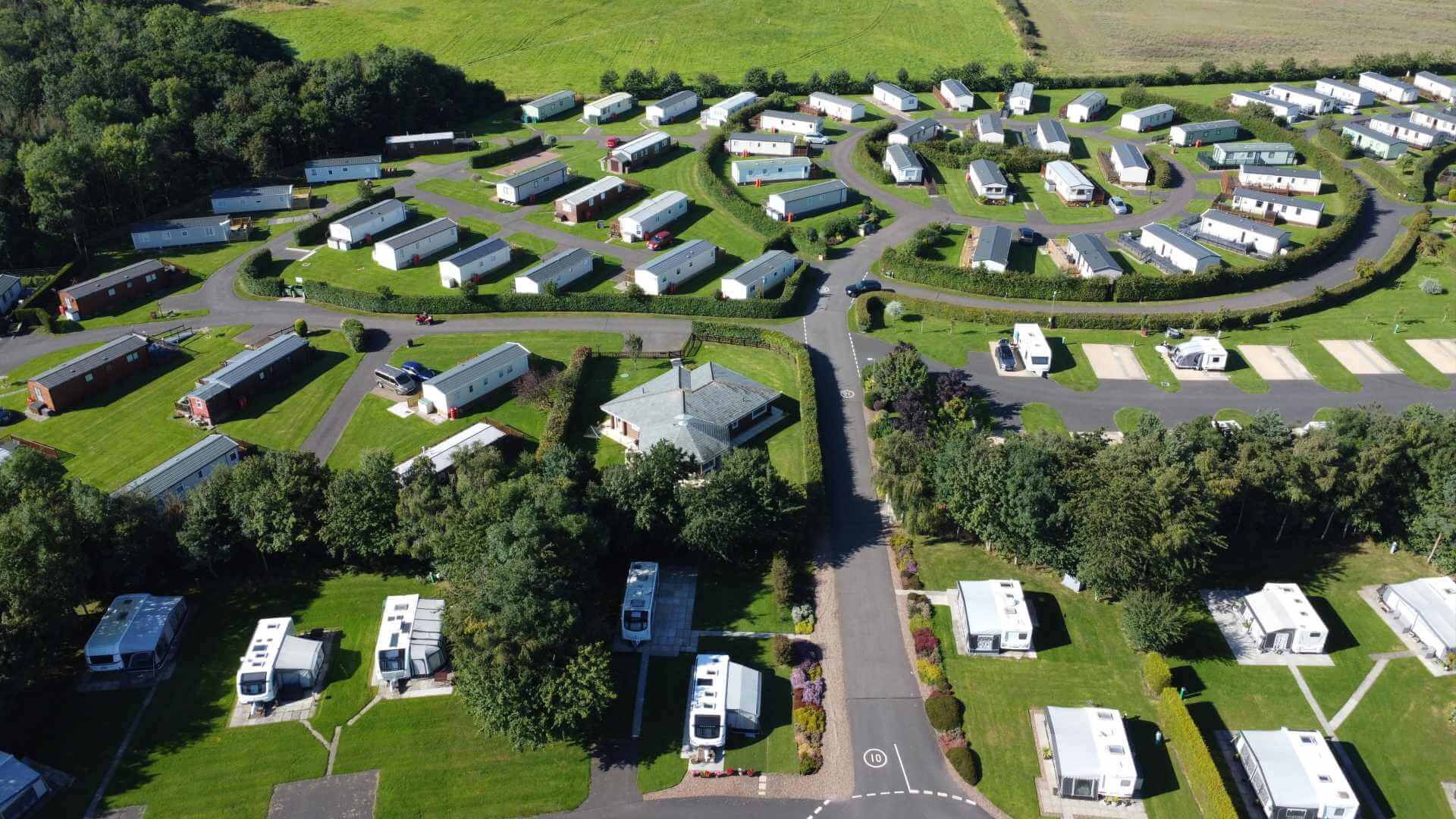Caravan parks and holiday parks face unique risks, with flooding being one of the most devastating threats to both business operations and …
Rural Caravan Park Insurance: Comprehensive Coverage for Holiday Park Operators
Running a rural caravan park presents unique challenges and risks that standard commercial insurance policies often fail to address adequately. From seasonal weather damage to public liability claims, caravan park operators need specialized insurance coverage that understands the intricacies of the holiday accommodation sector.
Understanding Rural Caravan Park Insurance
Rural caravan park insurance is a specialized form of commercial insurance designed specifically for operators of caravan parks, holiday parks, and camping sites in rural locations. This comprehensive coverage addresses the unique risks associated with providing temporary accommodation, managing recreational facilities, and operating in often remote rural environments.
Unlike standard commercial property insurance, caravan park insurance recognizes the seasonal nature of the business, the diverse range of facilities typically offered, and the specific liability exposures that come with welcoming thousands of holidaymakers throughout the year.
Key Coverage Areas
Property Insurance
Your rural caravan park represents a significant investment in buildings, infrastructure, and equipment. Property insurance covers your reception buildings, toilet and shower blocks, laundry facilities, shop premises, restaurant or bar areas, swimming pools, and play areas. For rural parks, this coverage is particularly important given the exposure to extreme weather conditions and the potential for flooding or storm damage.
Static caravans owned by the park also require coverage, whether they're rental units or privately owned caravans for which you provide pitches. The policy should cover both the structures themselves and any contents you provide, such as furniture and appliances.
Public Liability Insurance
With hundreds or thousands of visitors using your facilities throughout the season, public liability insurance is absolutely essential. This coverage protects you against claims from guests who may be injured on your premises or whose property is damaged due to your negligence.
Rural caravan parks face particular public liability risks including slip and fall accidents on wet surfaces, injuries from playground equipment, accidents in swimming pools, food poisoning from on-site catering facilities, and injuries from recreational activities like fishing or walking trails.
Employers Liability Insurance
If you employ staff for cleaning, maintenance, reception duties, or seasonal work, employers liability insurance is legally required. This coverage protects you against claims from employees who are injured or become ill as a result of their work.
Seasonal employment patterns common in caravan parks can create additional complexities, making it essential that your policy covers temporary and casual workers as well as permanent staff.
Business Interruption Insurance
Rural caravan parks are particularly vulnerable to business interruption due to their dependence on seasonal trade and exposure to weather-related disruptions. Business interruption insurance compensates for lost income when you're unable to operate due to insured perils.
This might include closure due to fire damage, flood damage preventing access, or infectious disease outbreaks requiring temporary closure. For rural parks, the policy should also consider loss of income from events like foot and mouth disease restrictions or severe weather warnings that deter visitors.
Equipment and Contents Insurance
Your park likely contains valuable equipment including maintenance machinery, groundskeeping equipment, playground apparatus, swimming pool equipment, and IT systems. Contents insurance covers these items against theft, damage, or destruction.
Rural locations can be particularly vulnerable to theft of equipment, especially during closed seasons when the park may be unattended for extended periods.
Specific Risks for Rural Caravan Parks
Weather-Related Risks
Rural locations often experience more extreme weather conditions than urban areas. Your insurance needs to account for risks including flooding from nearby rivers or streams, wind damage to structures and caravans, lightning strikes affecting electrical systems, and snow damage to roofs and awnings.
Climate change has increased the frequency and severity of extreme weather events, making comprehensive weather coverage more important than ever for rural park operators.
Access and Infrastructure Risks
Rural caravan parks often rely on private access roads, septic systems, and private water supplies. Damage to these essential infrastructure elements can severely impact your ability to operate. Your insurance should cover the cost of repairing or replacing these systems.
Power outages are also more common in rural areas, and extended outages can lead to significant business interruption, particularly if they affect refrigeration systems or sewage pumps.
Environmental Risks
Rural parks may face environmental liability risks including pollution of local waterways, contamination from fuel storage, or damage to protected habitats. Environmental liability coverage protects against cleanup costs and third-party claims arising from pollution incidents.
Security Risks
Remote rural locations can be more vulnerable to crime, particularly during closed seasons. Theft of equipment, vandalism, and break-ins to facilities are common concerns. Your insurance should provide adequate coverage for security-related losses and consider the challenges of securing a large, spread-out site.
Seasonal Business Considerations
Seasonal Variations in Coverage
Many rural caravan parks operate seasonally, typically from March or April through October. Your insurance policy should reflect these operational patterns, potentially offering reduced premiums during closed periods while maintaining essential coverage for property protection.
Some insurers offer seasonal adjustment clauses that automatically adjust coverage levels based on occupancy rates and operational status throughout the year.
Peak Season Risks
During peak summer months, your park will be at maximum capacity with the highest exposure to public liability claims. Your policy limits should be adequate to handle multiple claims during busy periods, and you should ensure coverage extends to all activities and facilities offered during peak season.
Winter Closure Considerations
During winter closure periods, different risks emerge including burst pipes from freezing, storm damage to unoccupied buildings, and theft from unattended premises. Your policy should provide appropriate coverage for these closed-season risks while potentially offering premium savings for reduced operational exposure.
Additional Coverage Options
Legal Expenses Insurance
Legal expenses insurance covers the cost of legal representation in various scenarios including employment disputes, health and safety prosecutions, contract disputes with suppliers, and property disputes with neighboring landowners.
For rural caravan parks, this coverage is particularly valuable given the complex regulatory environment and the potential for disputes over access rights, environmental issues, or planning matters.
Cyber Insurance
Modern caravan parks increasingly rely on technology for booking systems, payment processing, and customer communications. Cyber insurance protects against data breaches, system failures, and cyber attacks that could compromise customer information or disrupt operations.
Key Person Insurance
Many rural caravan parks are family-owned businesses heavily dependent on key individuals. Key person insurance provides financial protection if a crucial person becomes unable to work due to illness or injury.
Choosing the Right Policy
Working with Specialist Insurers
The unique nature of caravan park operations means it's essential to work with insurers who understand the sector. Specialist insurers will better appreciate your risks and can offer more appropriate coverage terms and competitive pricing.
Look for insurers with experience in the holiday accommodation sector who can provide tailored policy wordings rather than trying to adapt standard commercial policies.
Policy Limits and Excesses
Ensure your policy limits are adequate for your operation size and risk exposure. Public liability limits should typically be at least £2 million, though many parks opt for £5 million or higher coverage given the potential for serious claims.
Consider your excess levels carefully - while higher excesses can reduce premiums, they increase your financial exposure for each claim. Rural parks should balance premium savings against their ability to fund excess payments, particularly for weather-related claims that might affect multiple areas of the park simultaneously.
Annual Reviews
Your insurance needs will evolve as your business grows and changes. Annual policy reviews ensure your coverage remains adequate and competitive. Consider factors like new facilities, increased capacity, additional services, and changes in local risk factors.
Risk Management Best Practices
Health and Safety Procedures
Implementing robust health and safety procedures not only protects your guests and staff but can also help reduce insurance premiums. Regular safety inspections, proper maintenance schedules, and comprehensive staff training all contribute to a safer environment and fewer claims.
Emergency Procedures
Rural locations may have longer emergency response times, making it crucial to have comprehensive emergency procedures in place. This includes first aid capabilities, emergency communication systems, and evacuation procedures for severe weather events.
Maintenance Programs
Preventive maintenance programs help avoid equipment failures and safety hazards that could lead to claims. Regular inspection and maintenance of playground equipment, swimming pools, electrical systems, and buildings are essential.
Guest Communication
Clear communication with guests about park rules, safety procedures, and local hazards helps prevent accidents and reduces liability exposure. This includes proper signage, welcome information packs, and staff training on guest safety briefing.
Regulatory Compliance
Licensing Requirements
Caravan parks must comply with various licensing requirements including caravan site licenses, food hygiene certificates for catering facilities, and entertainment licenses for organized activities. Your insurance should provide coverage for legal costs associated with regulatory compliance and any resulting prosecutions.
Health and Safety Regulations
Compliance with health and safety regulations is crucial for both legal compliance and insurance validity. This includes regular risk assessments, proper equipment maintenance, and staff training on safety procedures.
Environmental Regulations
Rural caravan parks must comply with environmental regulations regarding waste disposal, water usage, and protection of local ecosystems. Non-compliance can result in significant fines and cleanup costs, making environmental liability coverage important.
Claims Management
Immediate Response Procedures
Having clear procedures for handling incidents and claims helps minimize their impact. This includes immediate medical response for injuries, proper documentation of incidents, and prompt notification to your insurance provider.
Documentation Requirements
Proper documentation is crucial for successful claims handling. Maintain detailed records of maintenance activities, safety inspections, incident reports, and guest communications. Photographic evidence can be particularly valuable for property damage claims.
Working with Loss Adjusters
For significant claims, insurers will appoint loss adjusters to investigate and assess the claim. Understanding this process and maintaining good records will help ensure fair and prompt claim settlements.
Cost Considerations
Premium Factors
Insurance premiums for rural caravan parks are influenced by numerous factors including location and local weather patterns, size and capacity of the park, types of facilities offered, claims history, and risk management procedures in place.
Rural locations may face higher premiums due to increased weather exposure and potentially longer emergency response times, but this can be offset by lower crime rates and reduced traffic-related risks compared to urban locations.
Premium Reduction Strategies
Several strategies can help reduce insurance premiums including implementing comprehensive health and safety programs, installing security systems and CCTV, joining trade associations that offer group insurance schemes, and maintaining claims-free records through effective risk management.
Budget Planning
Insurance costs should be factored into your annual budget planning, with consideration for potential premium increases due to claims inflation, regulatory changes, or expansion of facilities. Setting aside reserves for excess payments is also prudent financial planning.
Future Considerations
Climate Change Impact
Climate change is increasing the frequency and severity of extreme weather events, which will likely impact insurance costs and availability for rural caravan parks. Consider how changing weather patterns might affect your operation and discuss climate resilience measures with your insurer.
Technology Integration
Increasing use of technology in park operations, from smart meters to app-based booking systems, creates new risks but also opportunities for improved risk management. Ensure your insurance keeps pace with technological developments in your business.
Regulatory Changes
The regulatory environment for caravan parks continues to evolve, particularly around environmental protection and accessibility requirements. Stay informed about upcoming changes and ensure your insurance coverage adapts accordingly.
Conclusion
Rural caravan park insurance is a complex but essential investment for park operators. The unique combination of property risks, public liability exposures, seasonal variations, and rural location challenges requires specialized insurance coverage that goes far beyond standard commercial policies.
Success in managing these risks comes from understanding your specific exposures, working with experienced insurers who understand the caravan park sector, implementing robust risk management procedures, and regularly reviewing your coverage to ensure it remains adequate as your business evolves.
The investment in comprehensive insurance coverage pays dividends not just in financial protection, but in peace of mind that allows you to focus on providing excellent holiday experiences for your guests while building a sustainable and profitable business.
By taking a proactive approach to insurance and risk management, rural caravan park operators can protect their investment, comply with legal requirements, and create a safe environment for both guests and staff while building long-term business success.


 0330 127 2333
0330 127 2333
